Prof. Dell Lynn Rhodes [psychology 1975–2006]
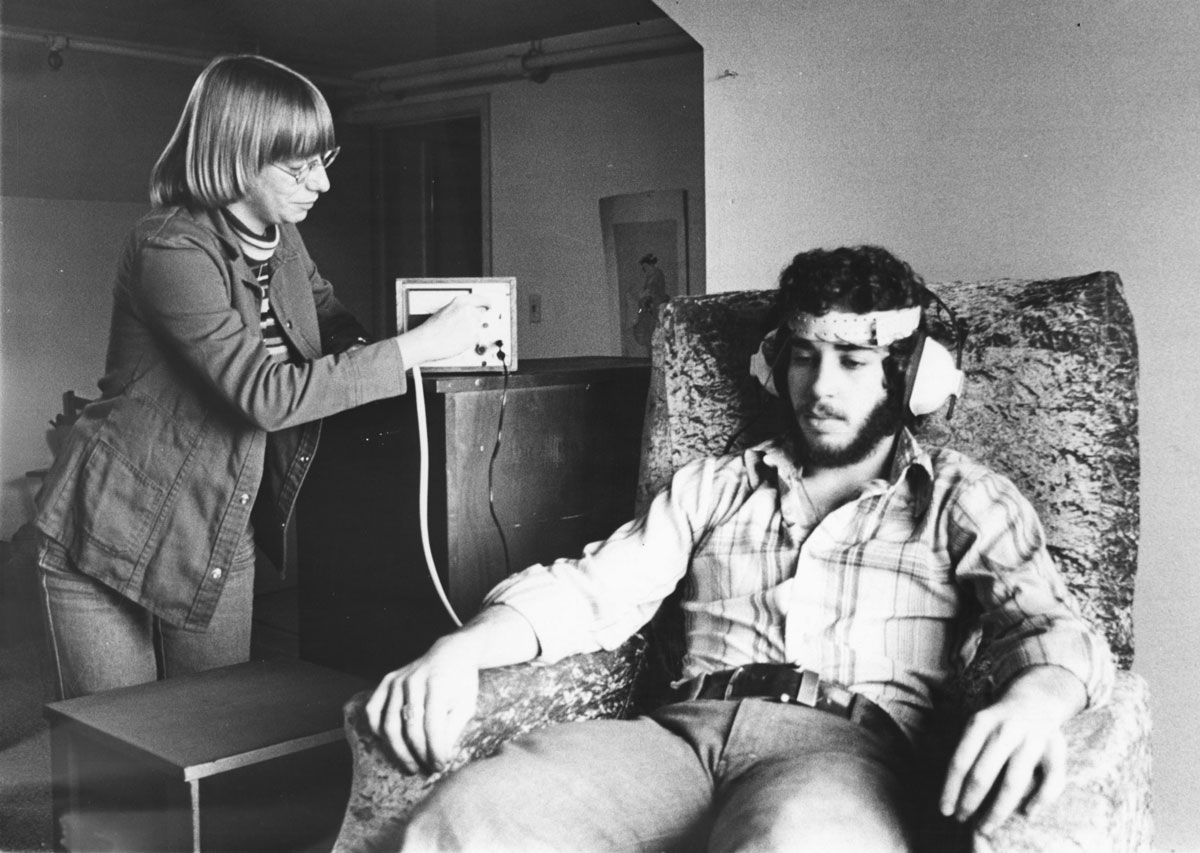
October 18, 2022, in White Salmon, Washington, from complications of a long-standing illness.
For 31 years, Prof. Dell Rhodes was a commanding force on Reed’s campus.
In a joint statement, Dean of the Faculty and Professor of Psychology Kathryn Oleson and Prof. Enriqueta Canseco-Gonzalez [psychology] spoke of the tremendous impact Rhodes had on the college, on the psychology department, and most importantly on students and faculty.
“She was a remarkable role model and mentor to students and junior faculty alike, and a close friend to many,” they said. “We remember Dell’s high standards for excellence, her keen insights into the complicated workings of Reed, her incredibly detailed review of each and every single line on research or student papers, her enthusiasm for developing students into researchers, and her unflagging hard work and dedication.”
Born in Kansas, Rhodes spent most of her youth in Colorado, where she was an avid skier, hiker, Girl Scout Mariner, and an excellent student. Awarded a Boettcher Scholarship, she graduated from Colorado College with a degree in psychology. During her sophomore year, she developed a severe form of rheumatoid arthritis, which presented physical and medical challenges throughout the remainder of her life. Undeterred, she went on to graduate school and received her PhD from UCLA.
Quickly hired as an assistant professor of psychology at Reed, Rhodes became a beloved teacher, mentor, and celebrated faculty member. She rose to the rank of full professor, mentored 84 thesis students, and was renowned for her courses in introductory psychology, biopsychology, sensation and perception, and emotion. Students found her brilliant and supportive, demanding but caring. She wrote pages of comments on their papers. And after they graduated, she took their late-night telephone calls seeking career and life advice.
Steven J. Luck ’86, professor of psychology at UC Davis, said, “I always tell people that a key difference between Reed and a large public university (like UC Davis) is that there are no grad students at Reed, so Reed students are given the same level of responsibility and opportunity that graduate students are given elsewhere. When I say this, I’m always thinking about how Dell treated me.
“At the beginning of my junior year, Dell had just returned from a sabbatical where she had learned the ERP technique (a souped-up version of an EEG recording). I had some experience with electrophysiology and computers, so she gave me the task of building an ERP lab from scratch. In those days, that meant building custom hardware and writing all the software from scratch. Dell gave me all the resources I needed for that task, and then she just let me do it. It was an absurd level of responsibility to give to a student, and perhaps it made Dell nervous, but I always felt that I had her full confidence.
“Dell drew me into the ERP technique with this technical job, but then she got me excited about how it could be used to study the mind and brain. We had many great conversations about journal articles we had read. She always made me feel like a colleague rather than a student.
“The next year I ran a series of ERP experiments for my thesis under Dell’s supervision. Again, she gave me tremendous freedom in designing the experiments and analyzing the data. Perhaps the most important thing was that she gave me the opportunity to make a million mistakes. I learned far more from those mistakes than I ever would have learned from being told the right way to do things at the start.
“My experience working with Dell laid the groundwork for the rest of my career. I’ve continued to use ERPs as my main technique, and I’ve made it my personal mission to ‘train the world’ in this technique through workshops, online courses, and books. In my textbook on ERPs (An Introduction to the Event-Related Potential Technique, second edition, MIT Press), the acknowledgments section thanks Dell, noting that ‘Dell Rhodes gave me the opportunity to learn about ERPs by putting together an ERP lab from scratch and taught me that learning should extend for a lifetime.’”
In addition to overseeing and promoting the careers of many students, Rhodes played a major role in the development and governance of both the psychology department and the college. She served as associate dean of students, chaired the psychology department, was a member of the college-wide governing committees, and motivated and directed important changes across all levels of the college. Her contributions to students, colleagues, and the college were frequently noted as extraordinary and irreplaceable, and when she retired in 2006, Reed created a permanent speaker fund in her name.
Rhodes’ research spanned the neurophysiological and cognitive mechanisms that control the perception of pain, attention, memory, and emotion, leading to publications in major journals.
In 2000, Rhodes married her longtime companion, Will Bloch, and they built a home in White Salmon, Washington. In her retirement, Rhodes became an active participant in the White Salmon and Hood River communities. As a member of the Hood River Art Club, she cultivated her interest in both the making and philosophy of art. She participated in local Democratic Party politics, book clubs, and her Colorado College alumni group. She and Will pursued their mutual interest in wildflowers and the preservation of native plants through their membership in the Native Plant Society of Oregon.
Rhodes is survived by her husband, Will Bloch; her stepson, Matthew Bloch; and her sister, Kristie Ross. A celebration of life for Prof. Dell Rhodes will take place Sunday, March 26, from 2 to 4 p.m., in the Performing Arts Building on the Reed Campus. For more information, contact Jeri Janowsky ’78 at jjanowskj@gmail.com.
Appeared in Reed magazine: March 2023
comments powered by DisqusFrom the Archives: The Lives they Led
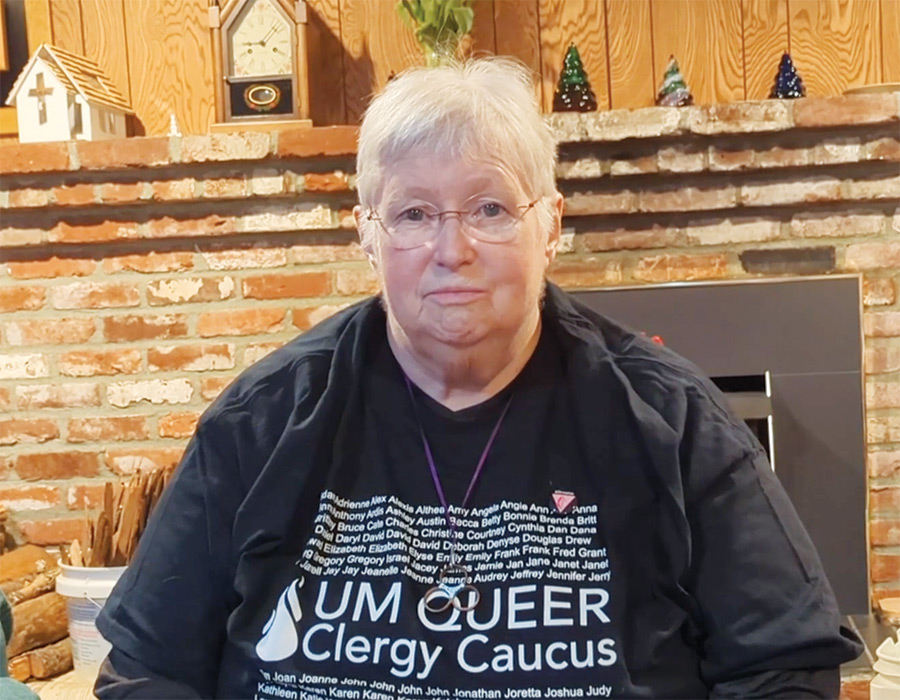
Jeanne Knepper ’69
The First Openly Gay Woman to Be Ordained and Appointed Within the Oregon-Idaho Conference of the United Methodist Church
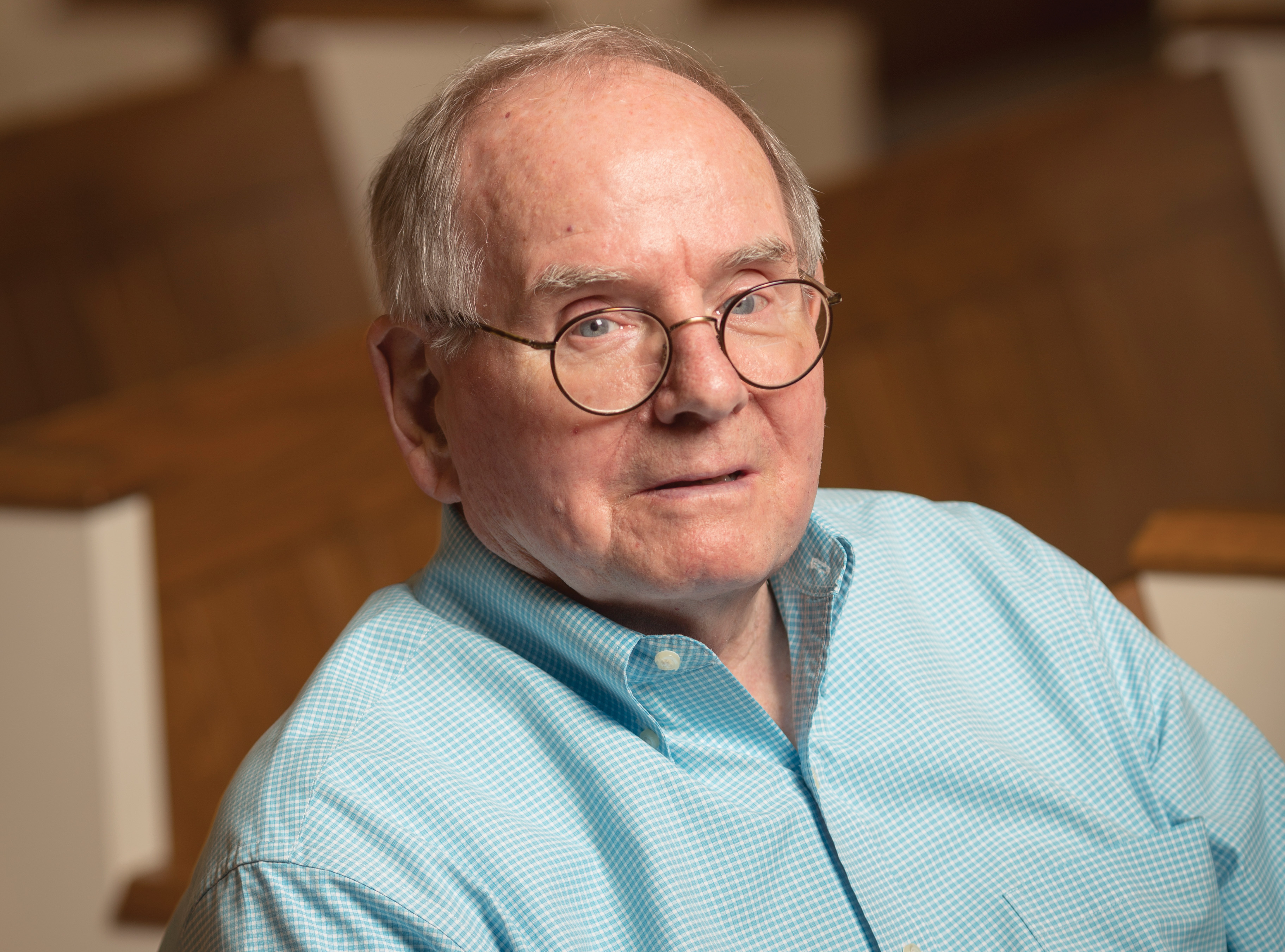
William Haden
As Acting President of Reed, He Strengthened the College's Finances and Alumni Relations
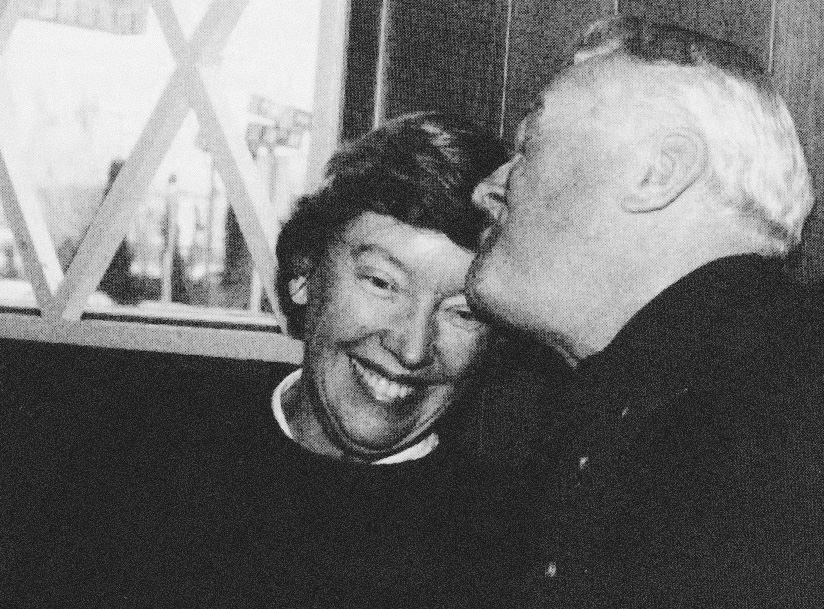
Nancy Horton Bragdon
Reed’s First Lady Whose Warmth and Leadership Were Invaluable During a Turbulent Time


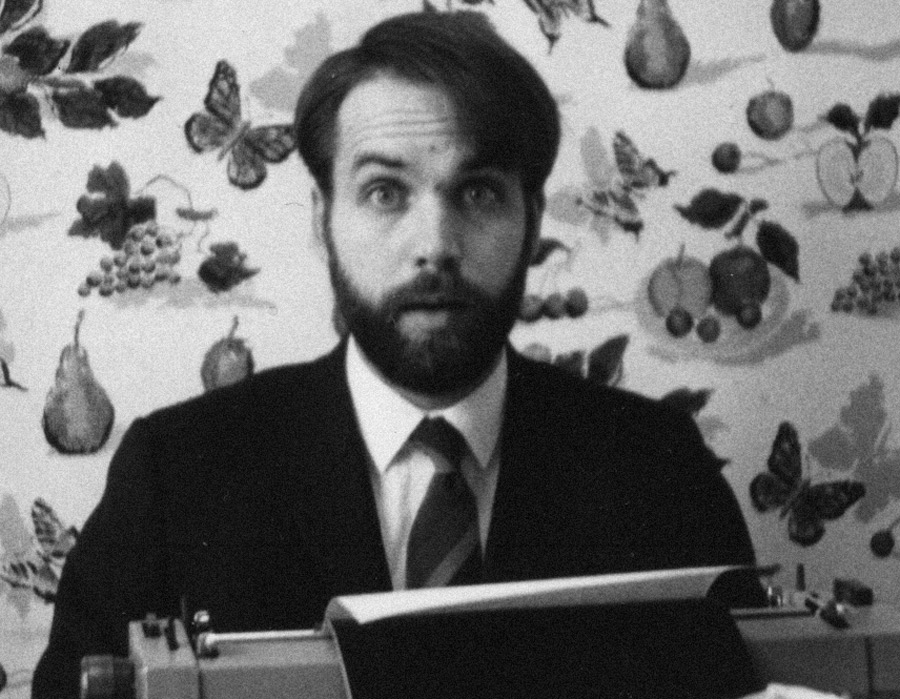
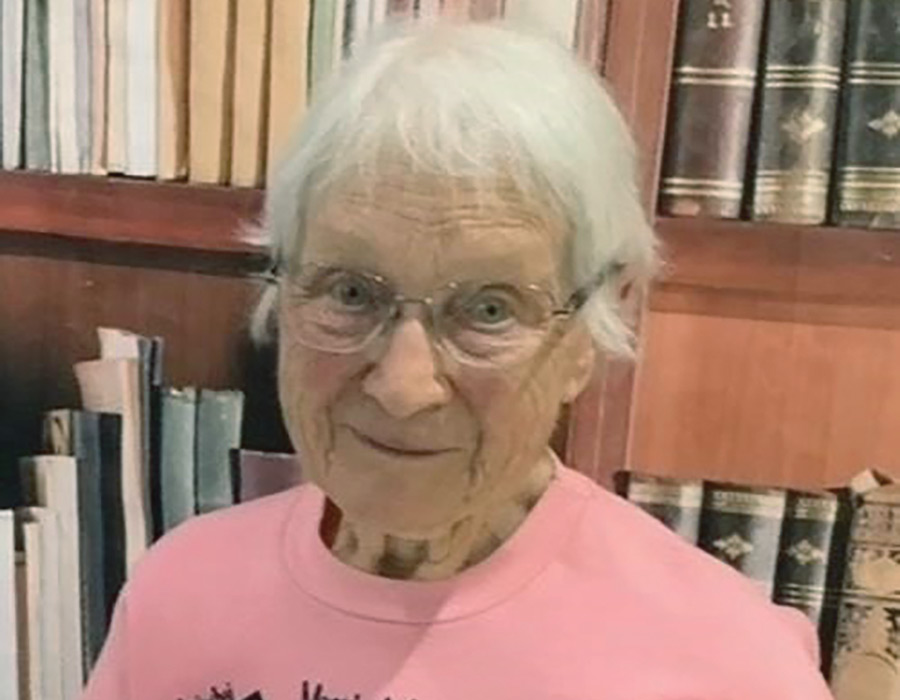
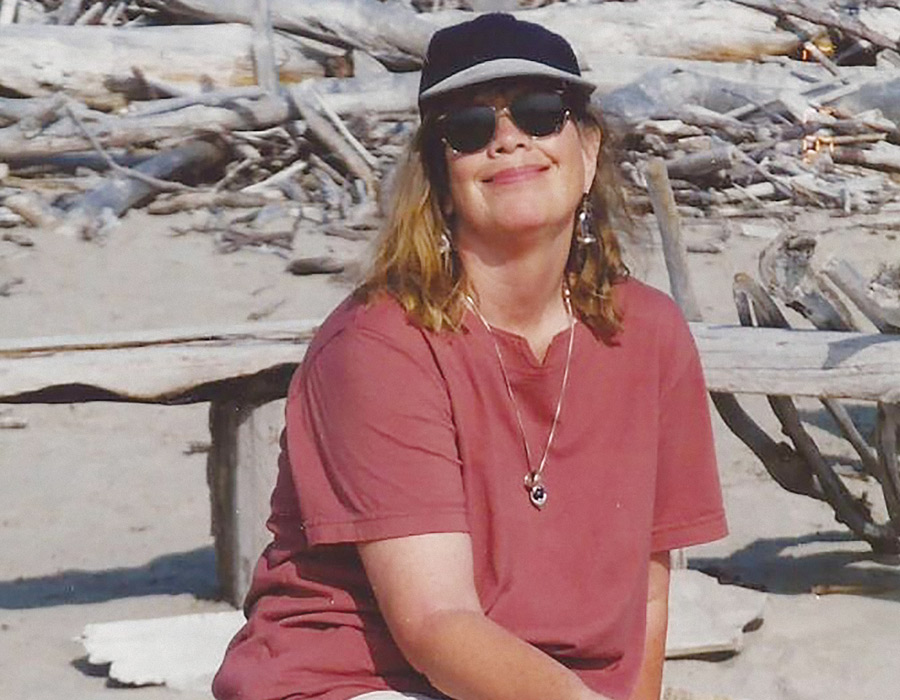

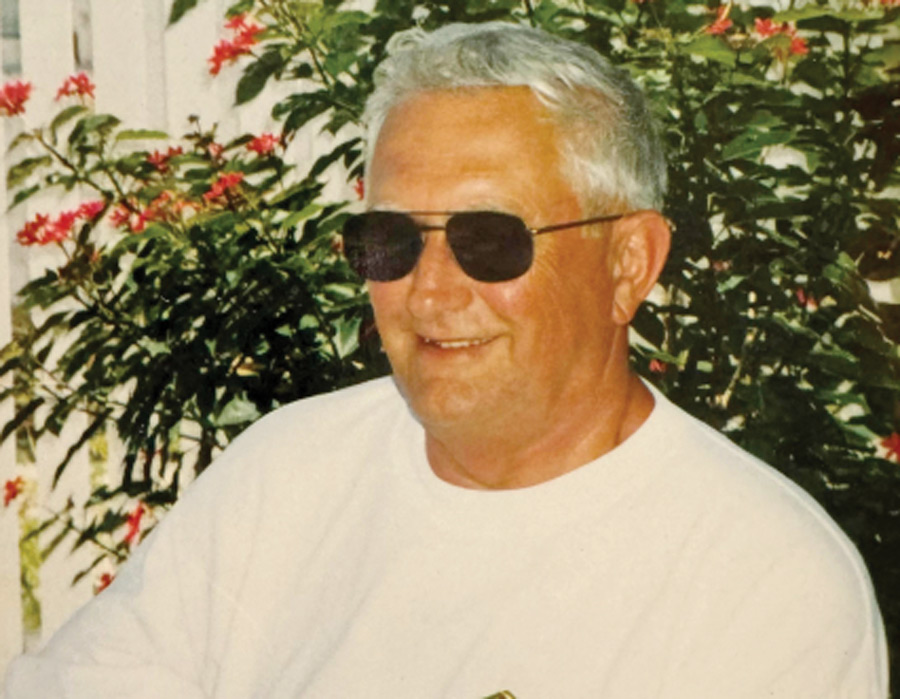
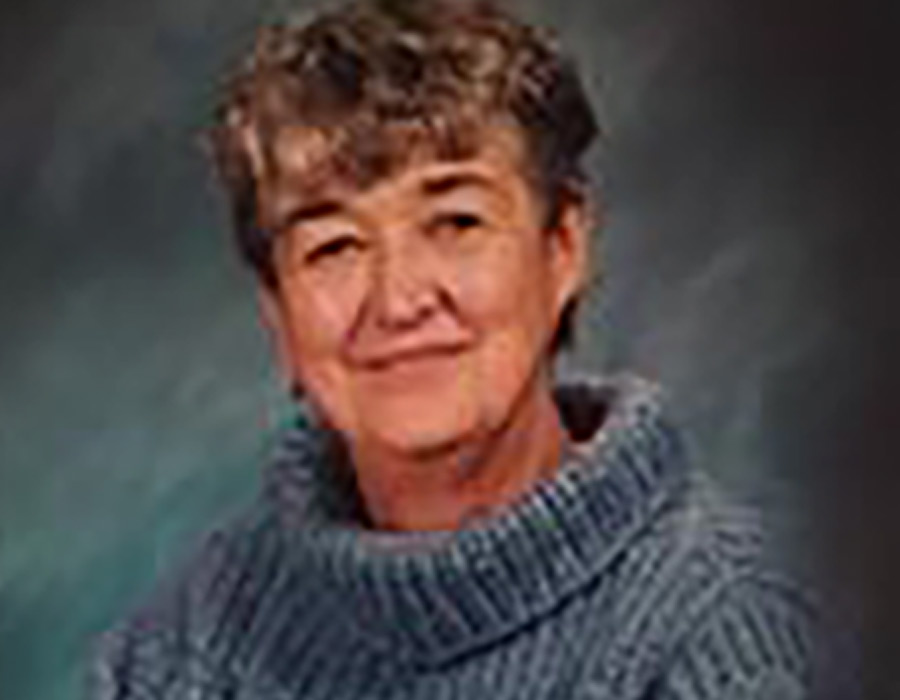
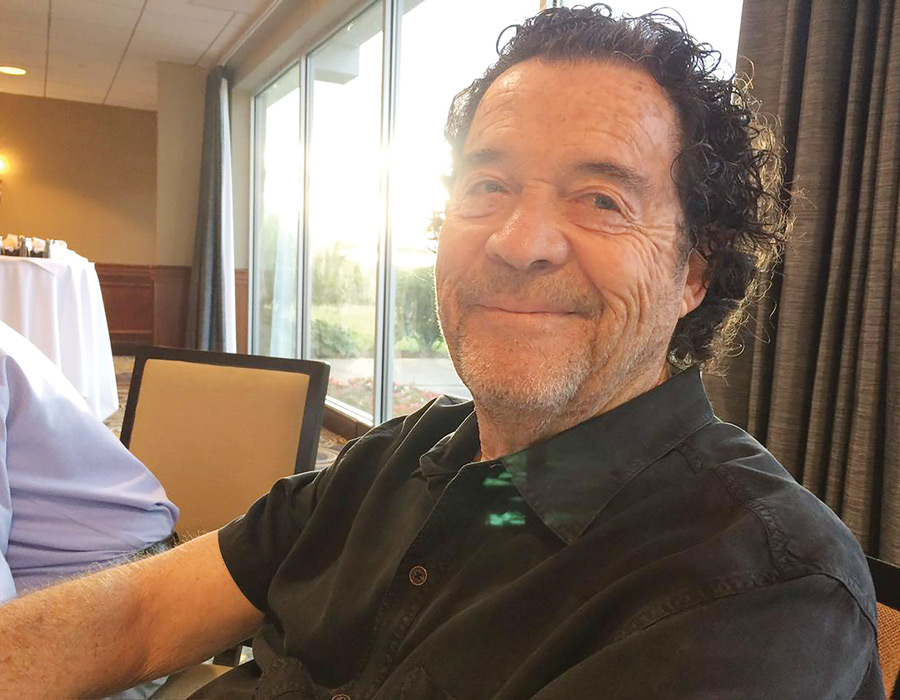
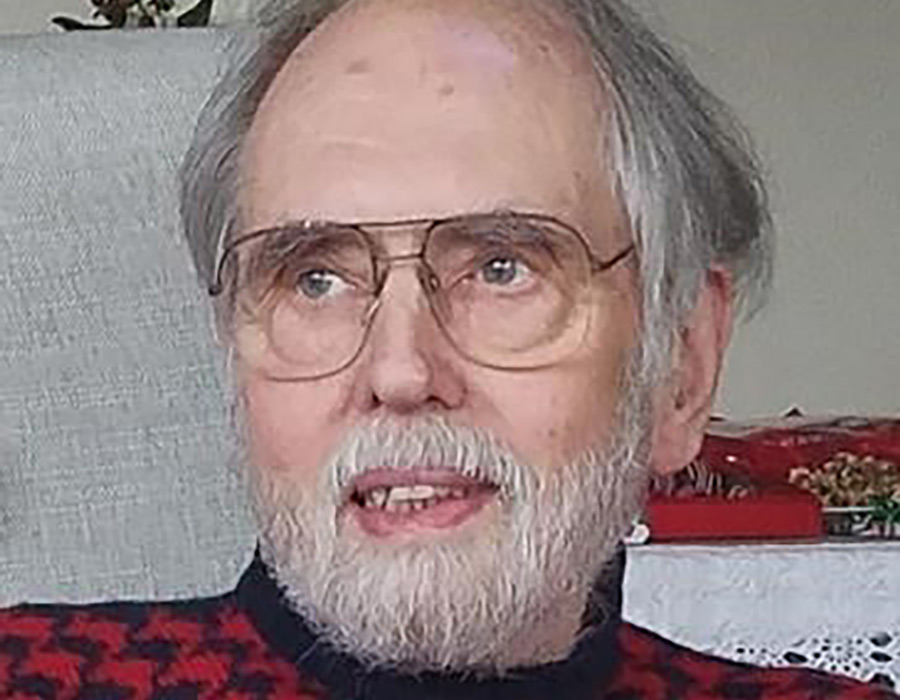
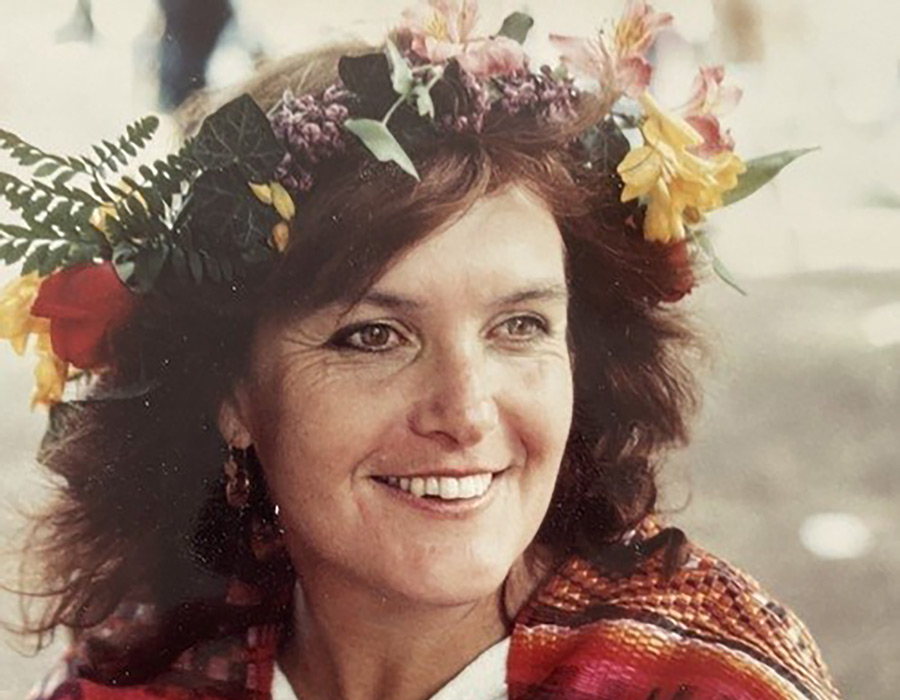
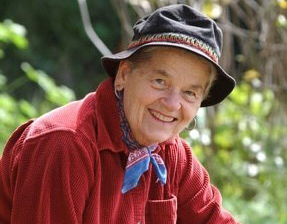
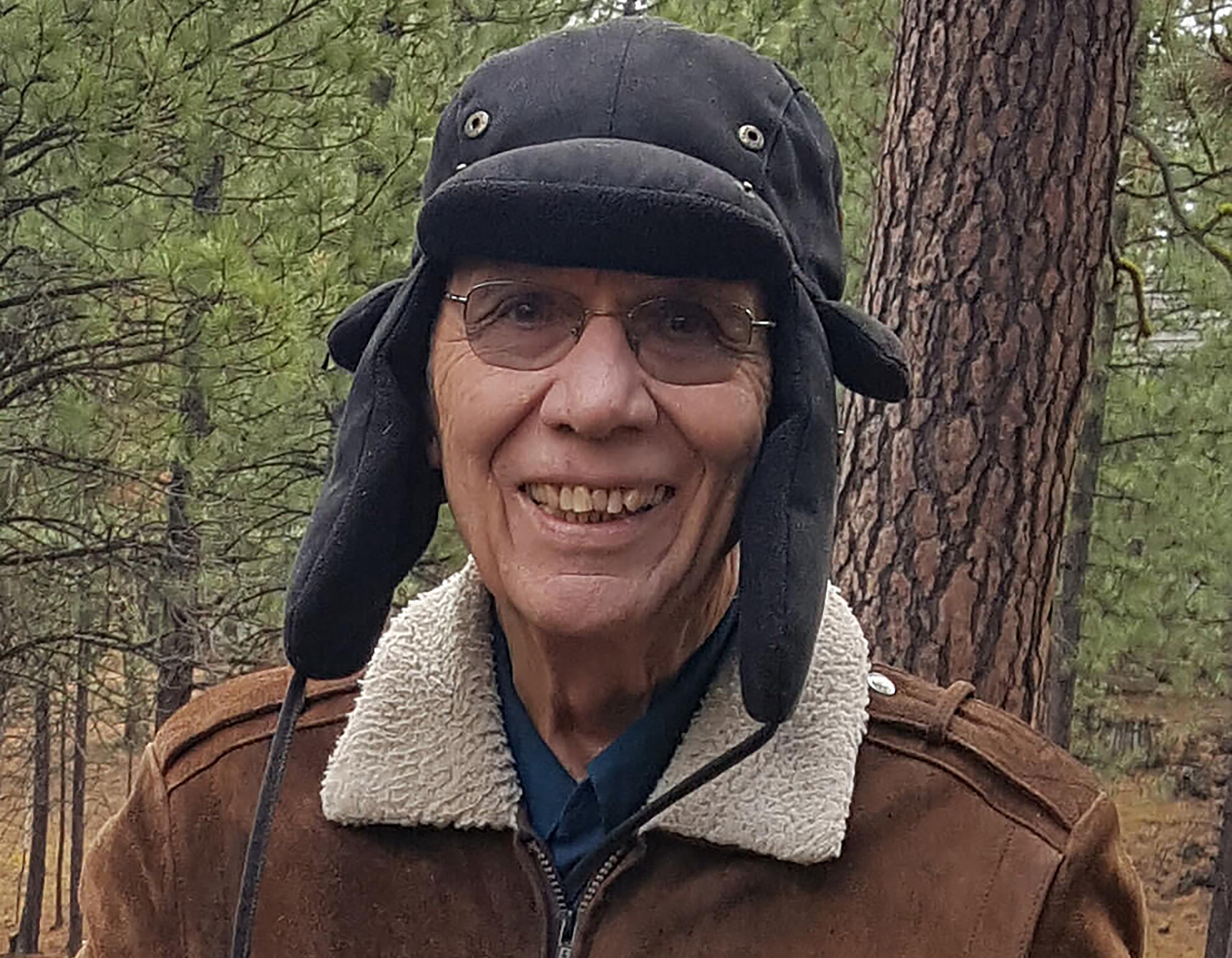
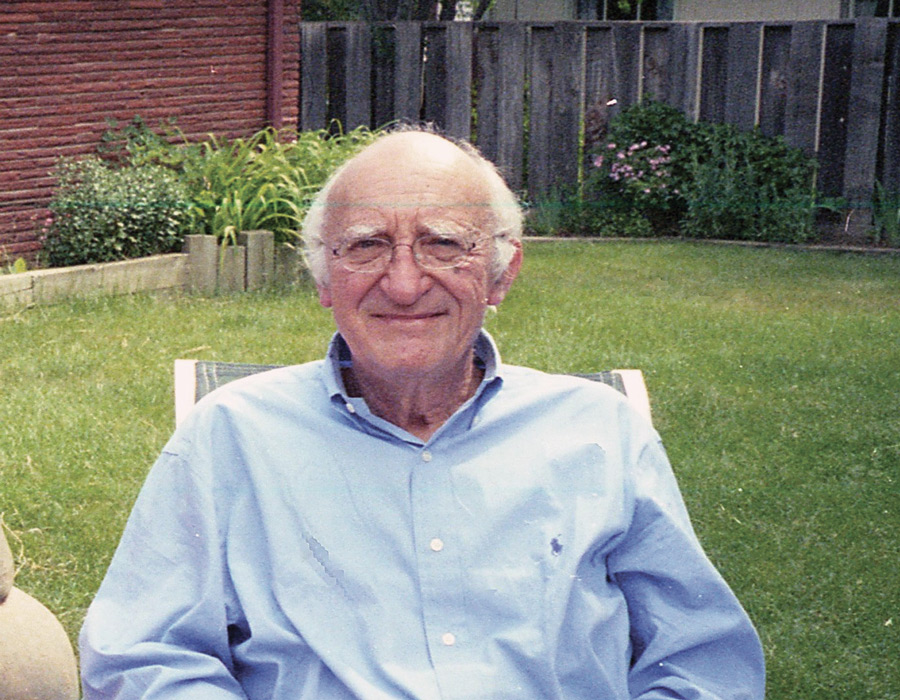
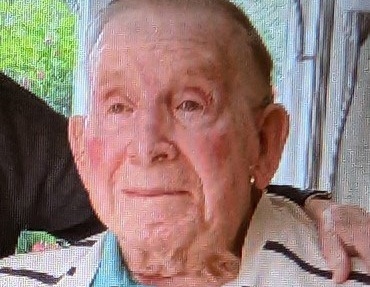
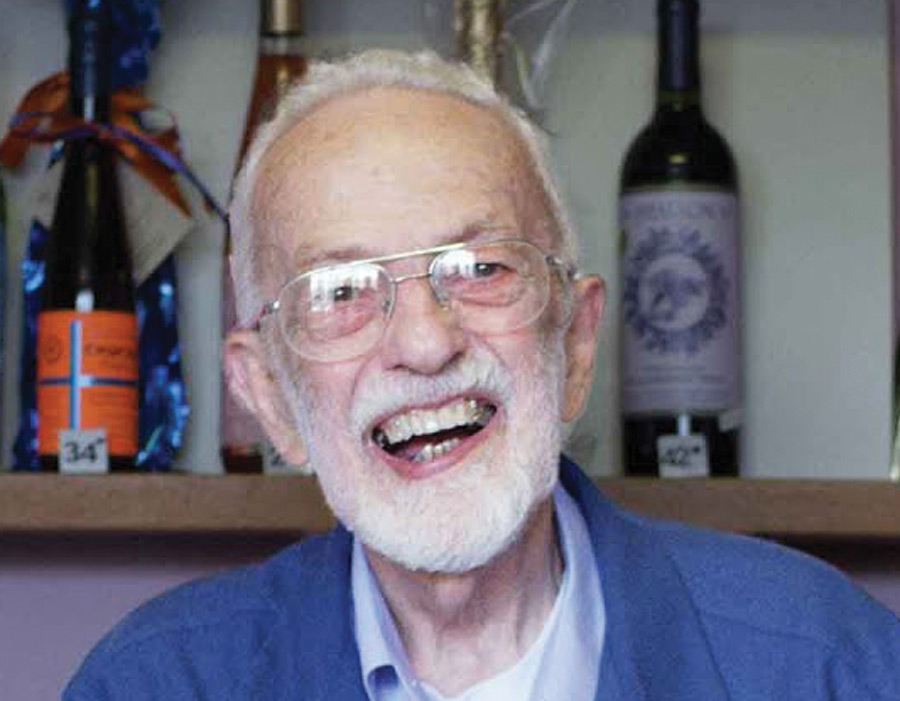
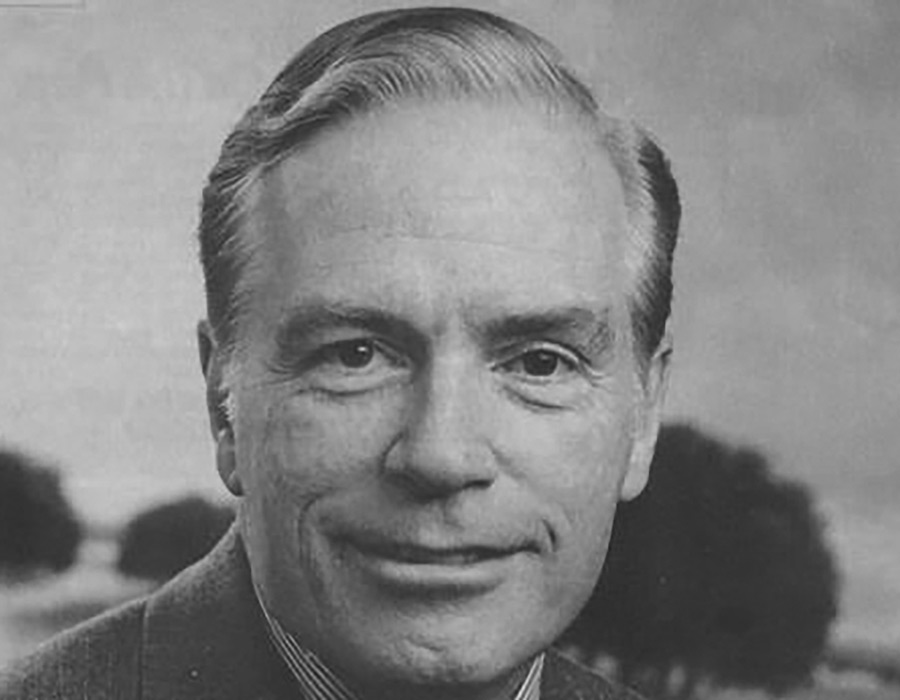
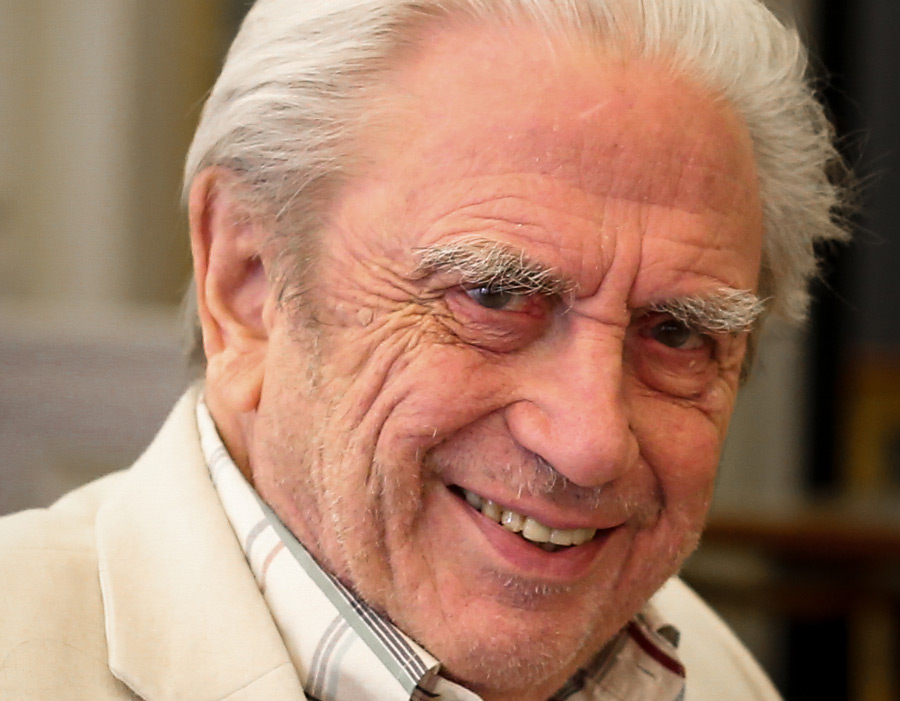
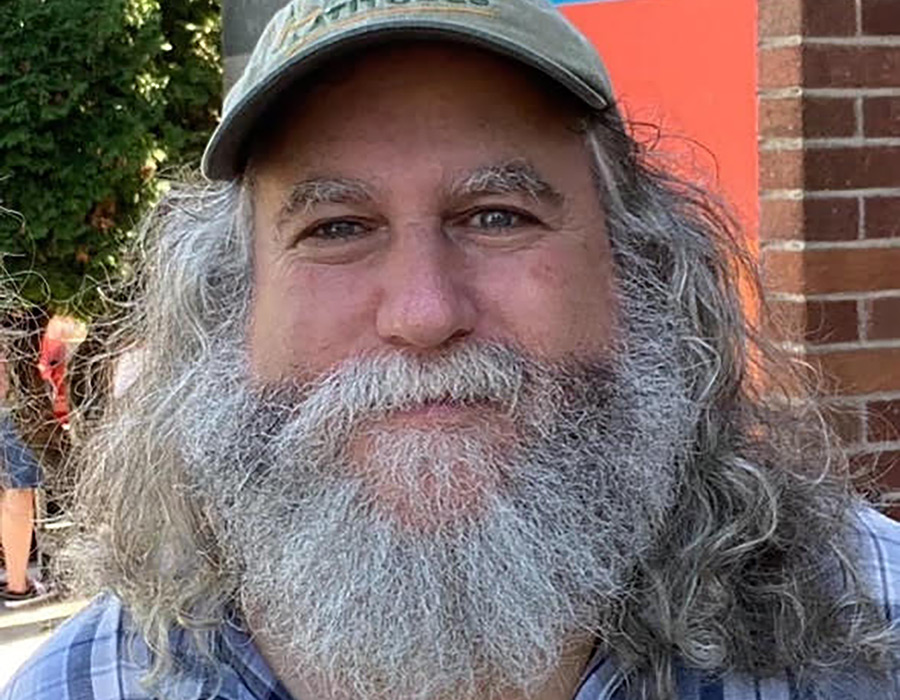
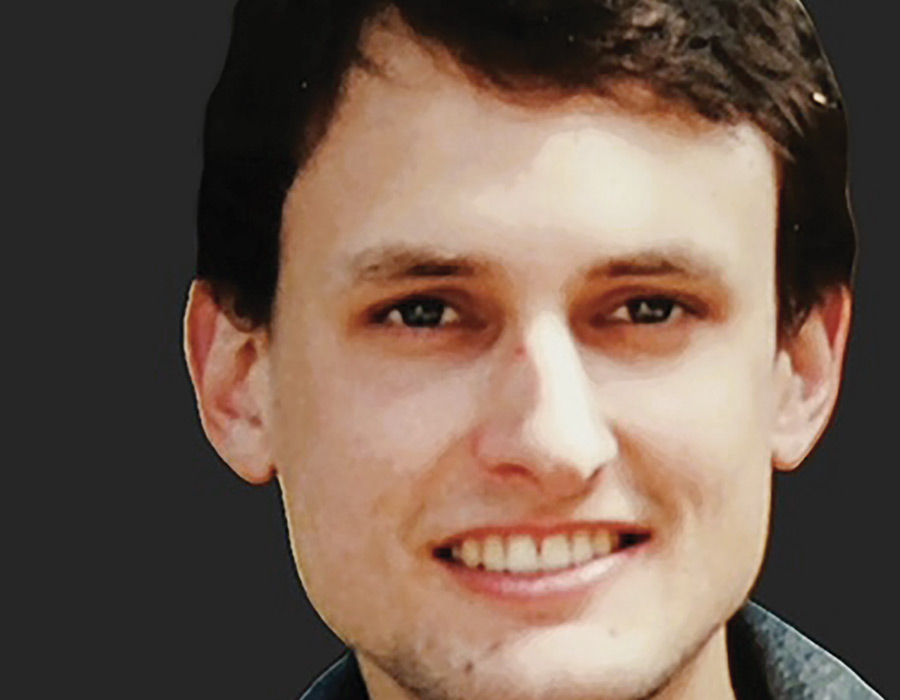
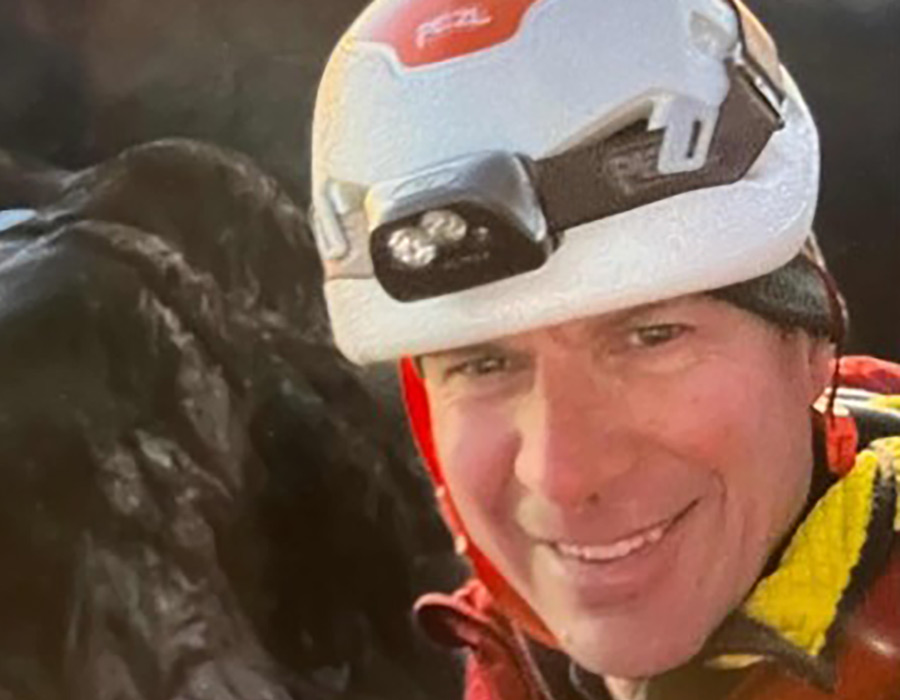
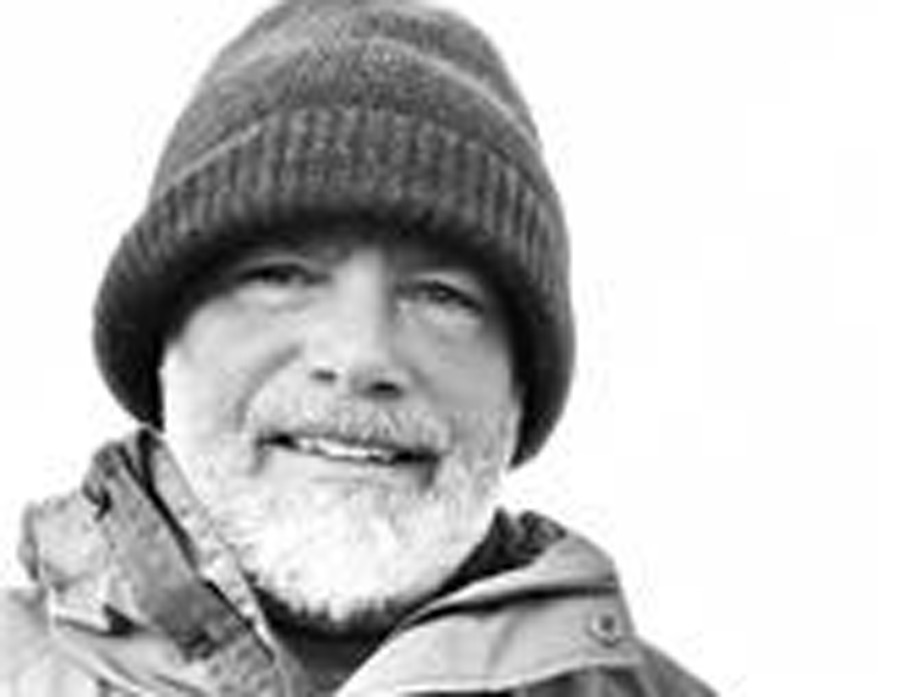
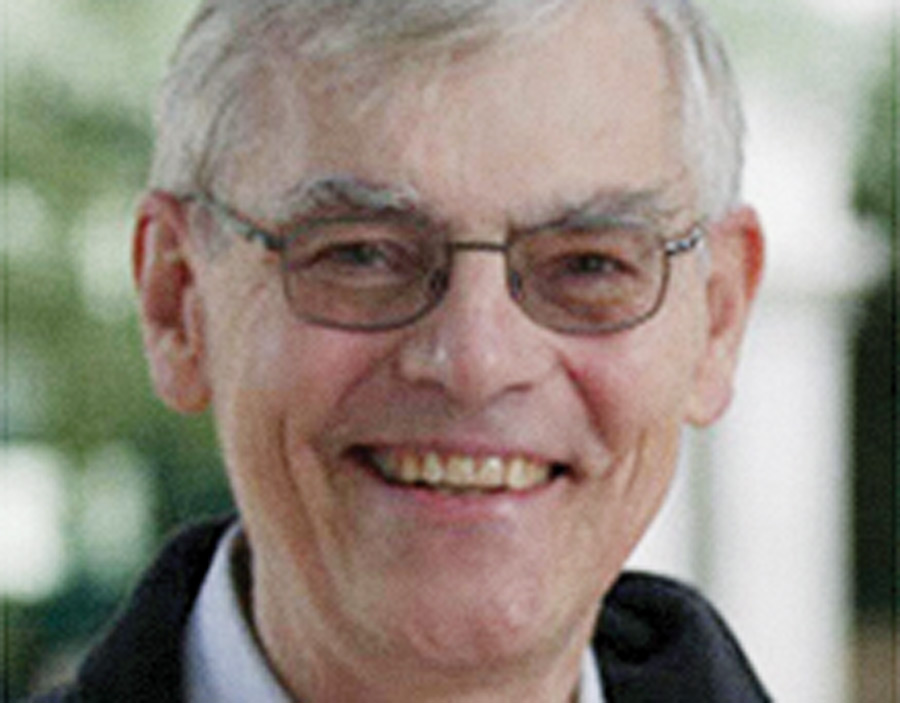
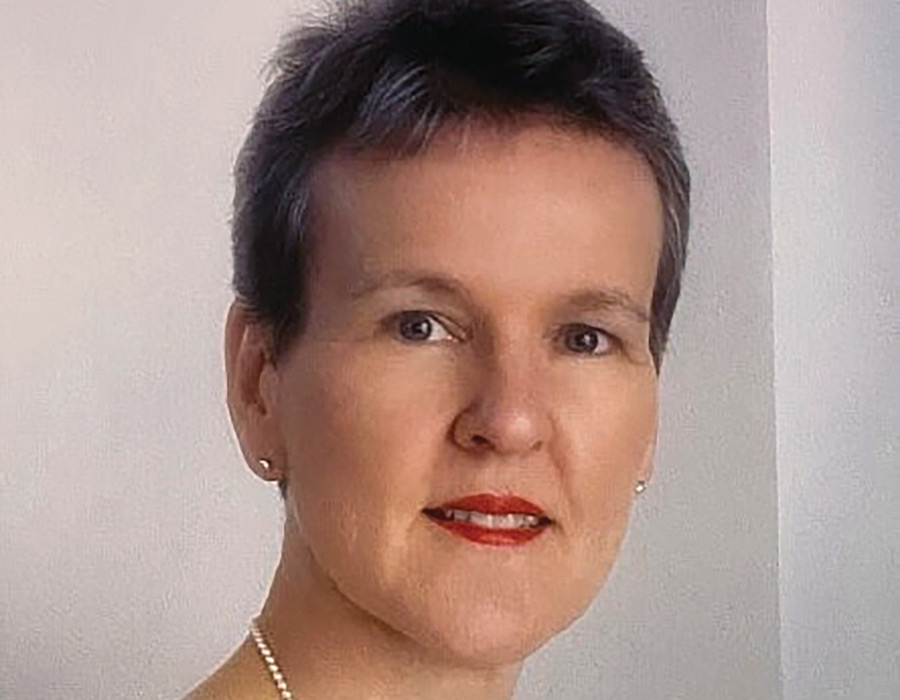
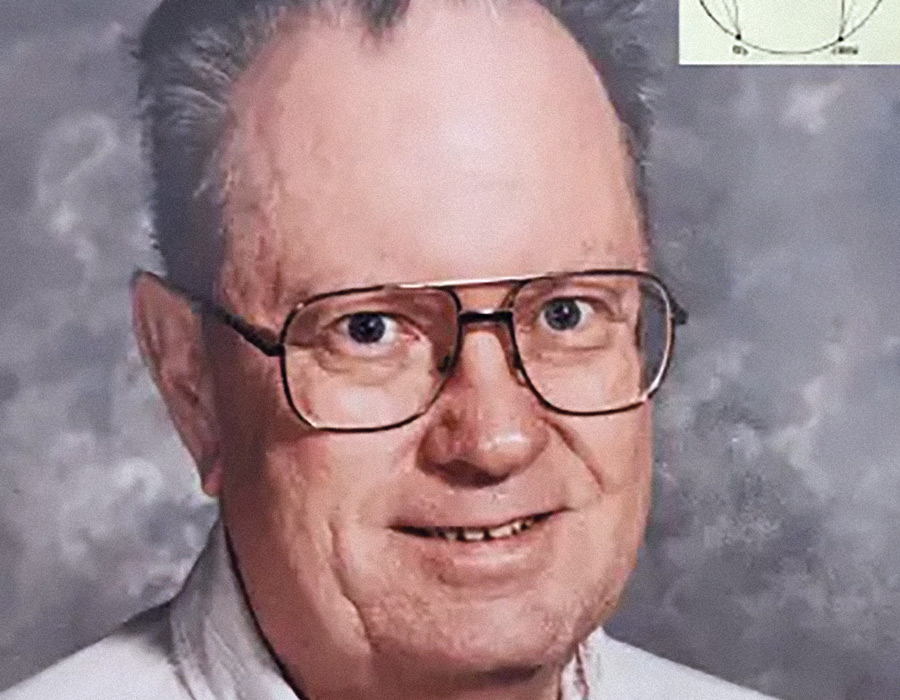
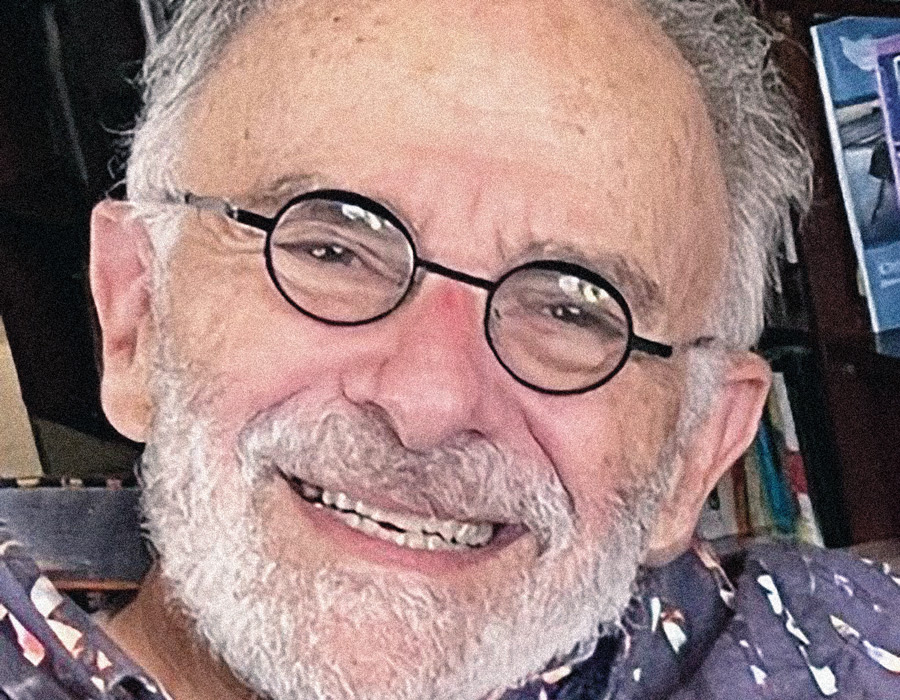
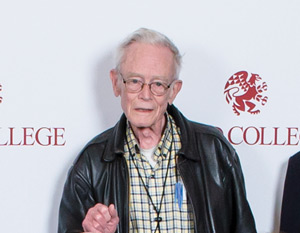
![Photo of Prof. Laurens Ruben [biology 1955–92]](https://www.reed.edu/reed-magazine/in-memoriam/assets/images/Larry-Ruben-copy.jpg)
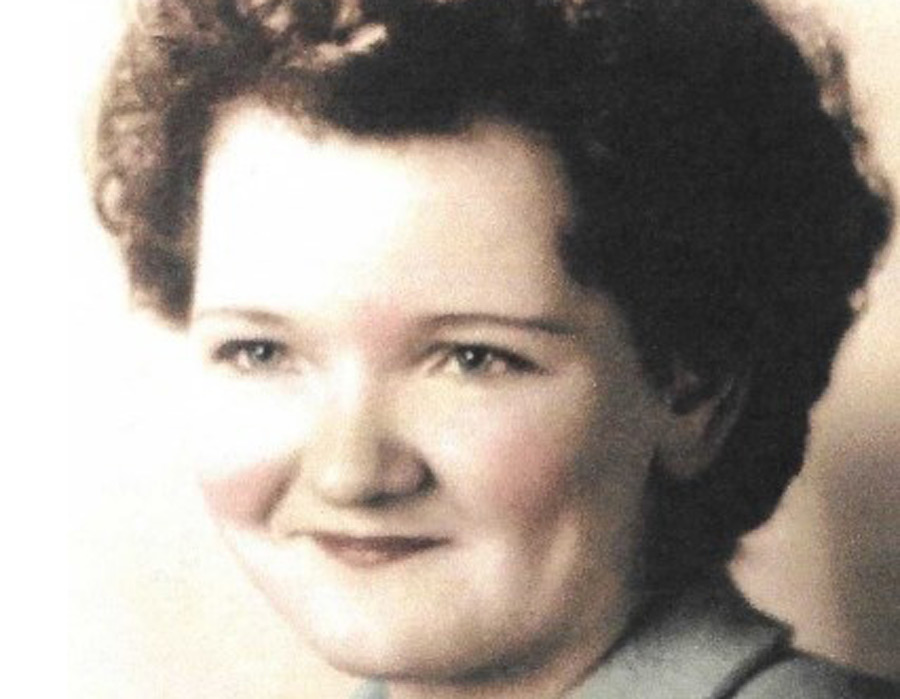
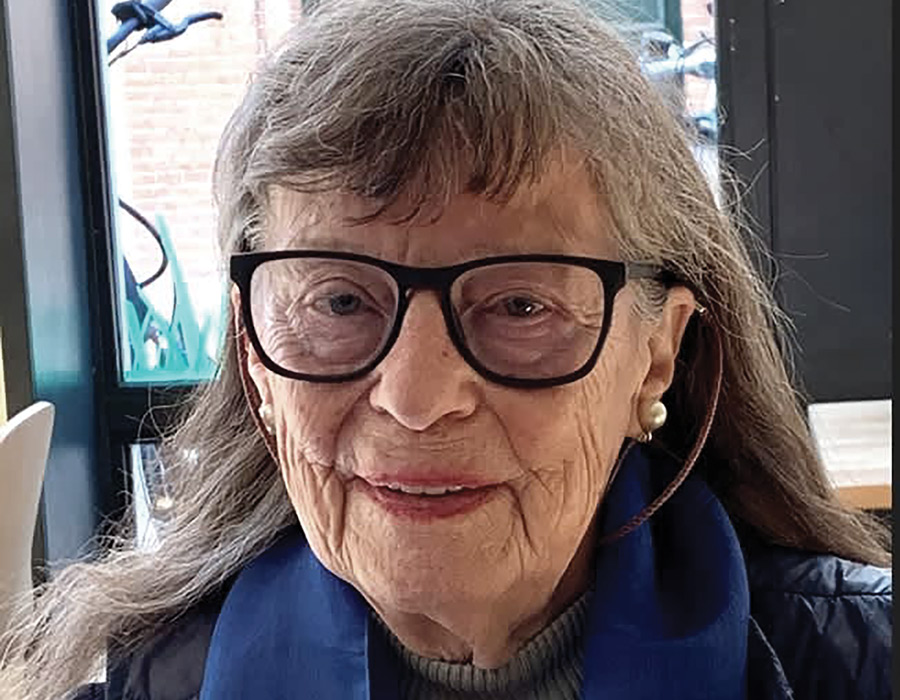
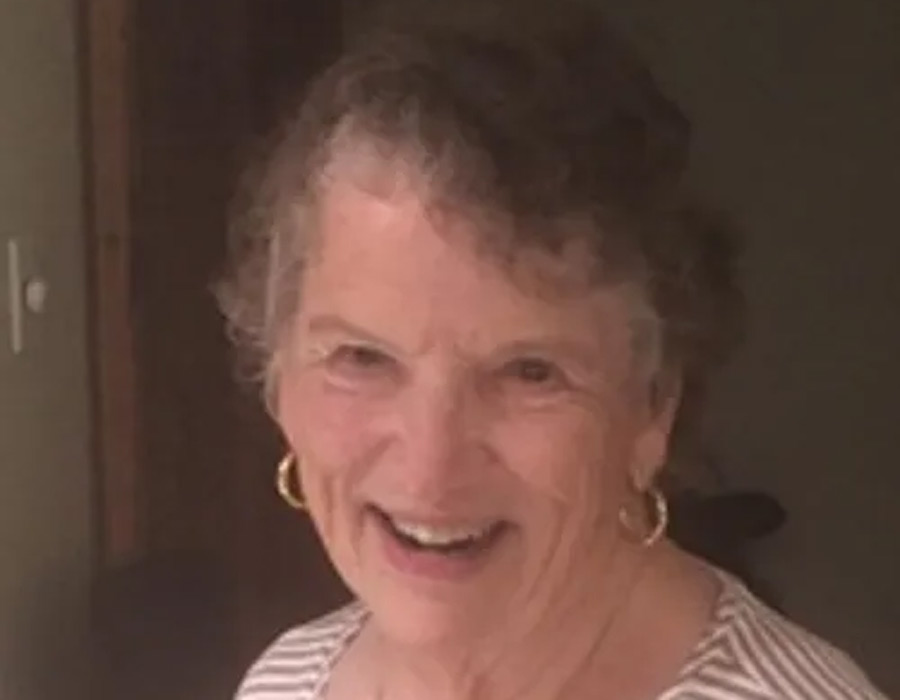
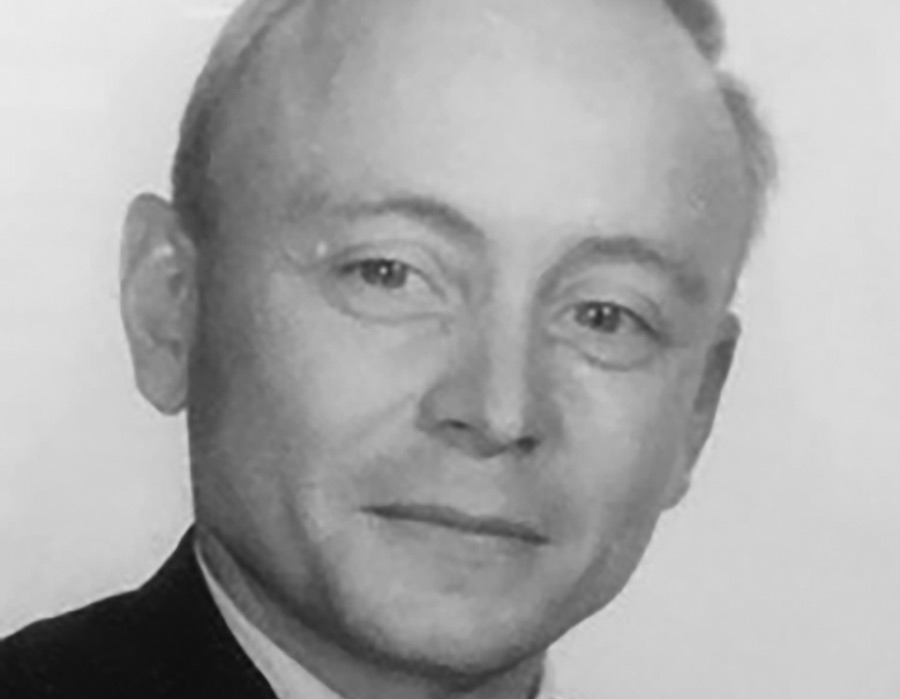
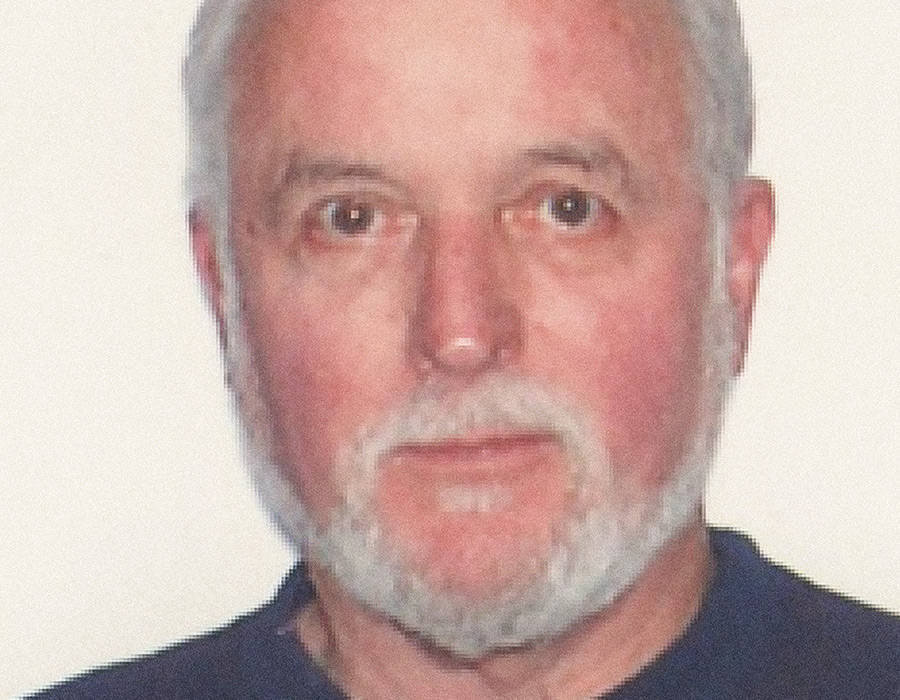
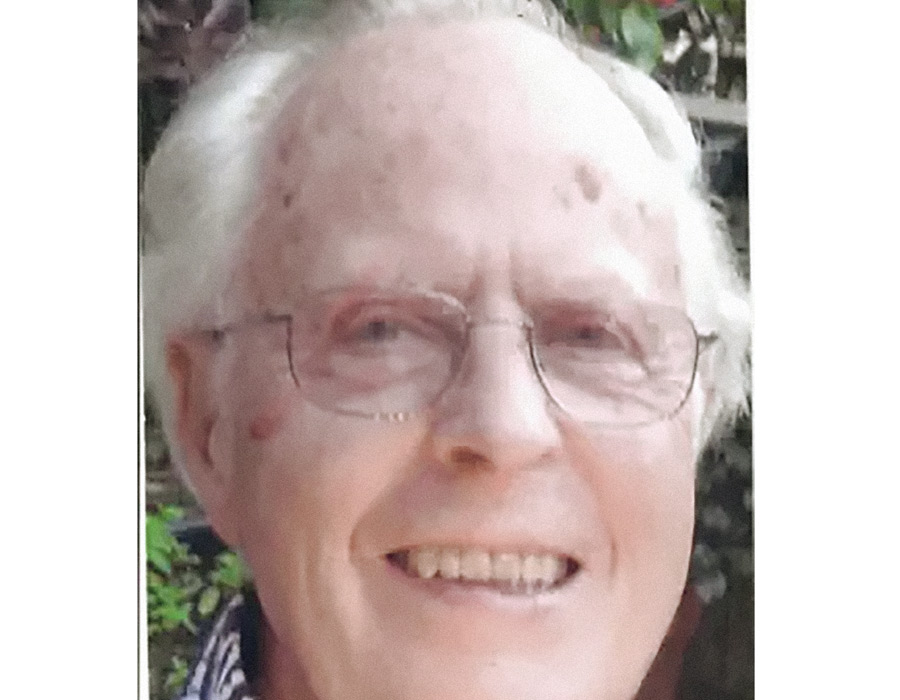
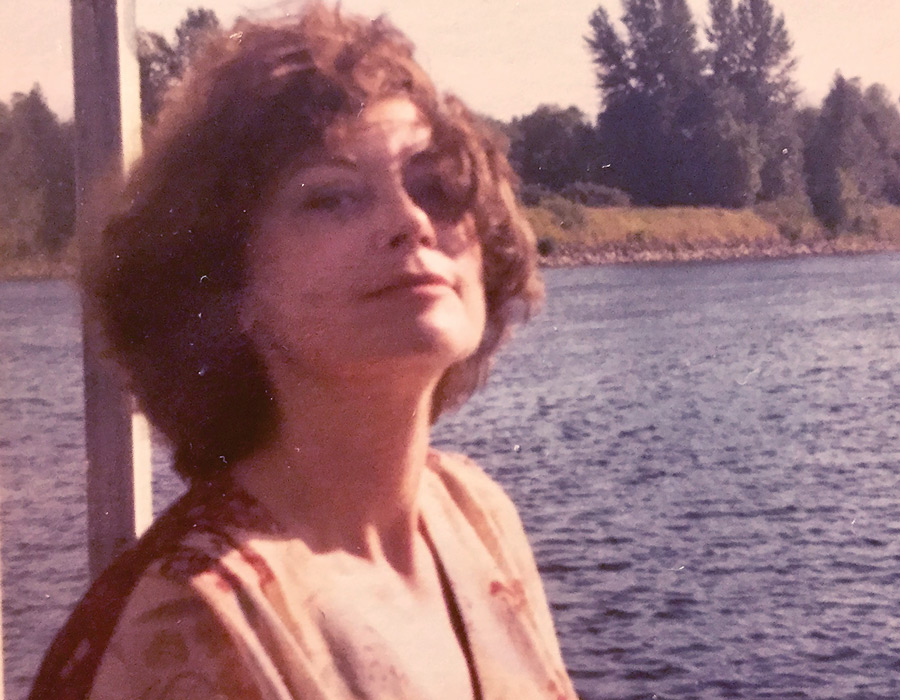
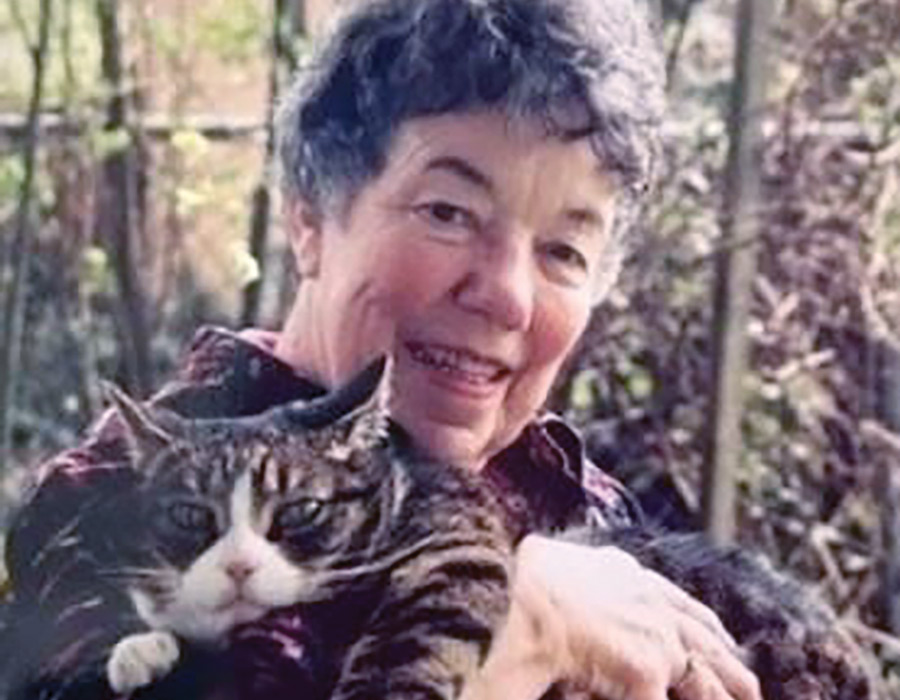
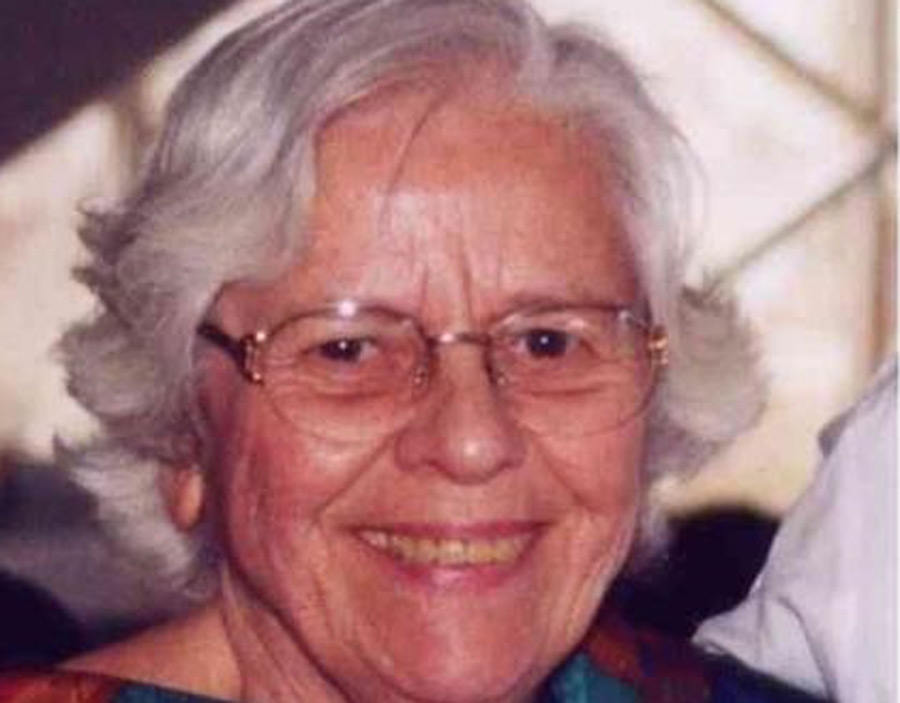
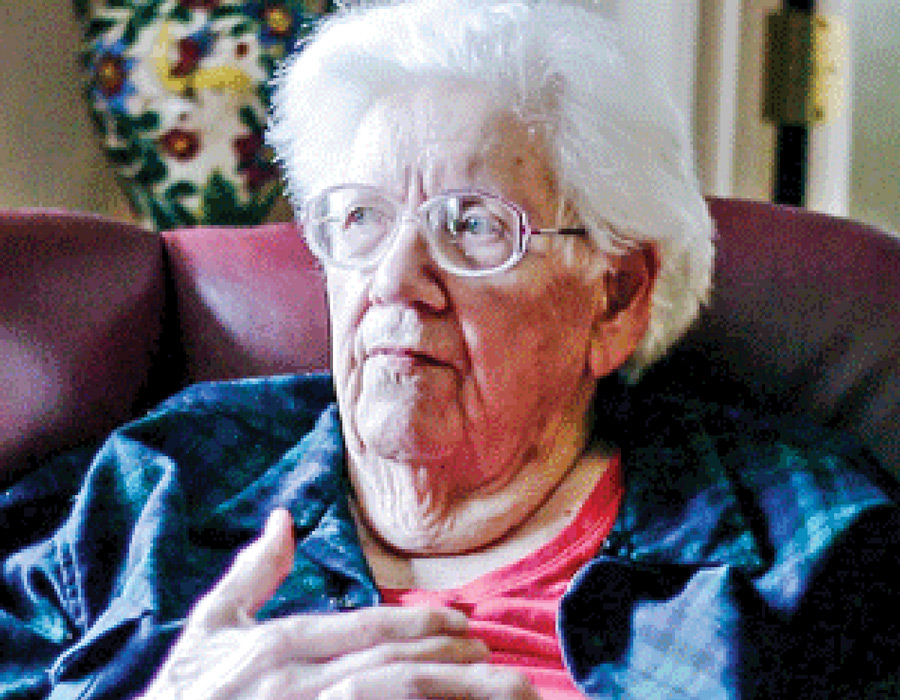
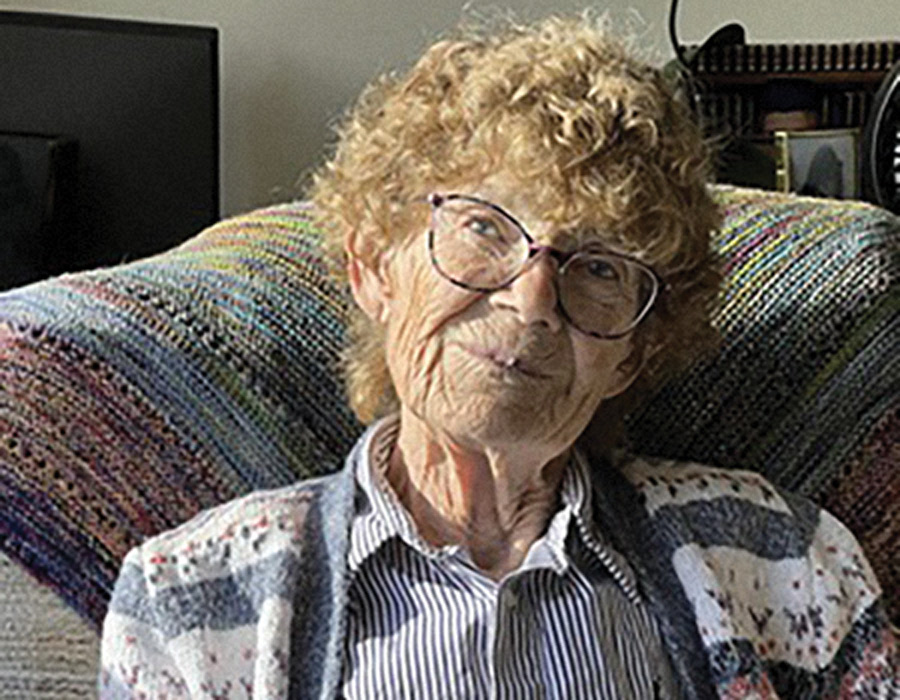
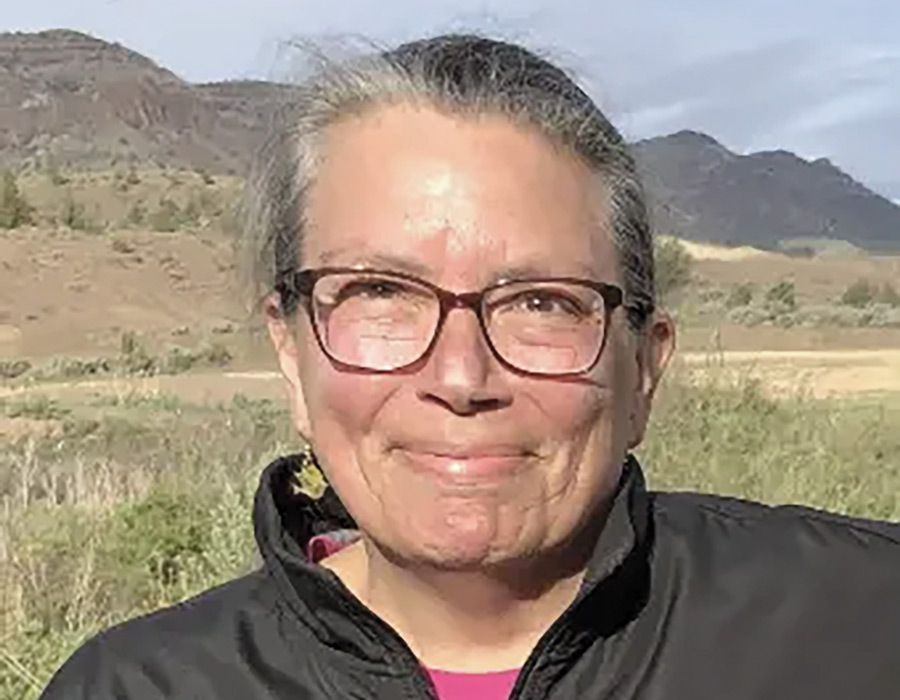
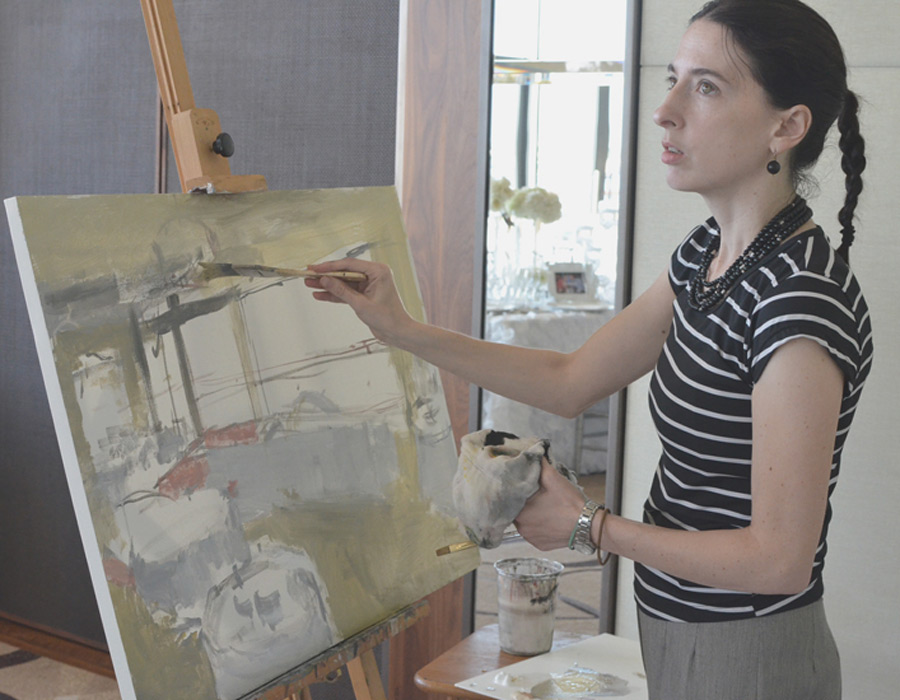
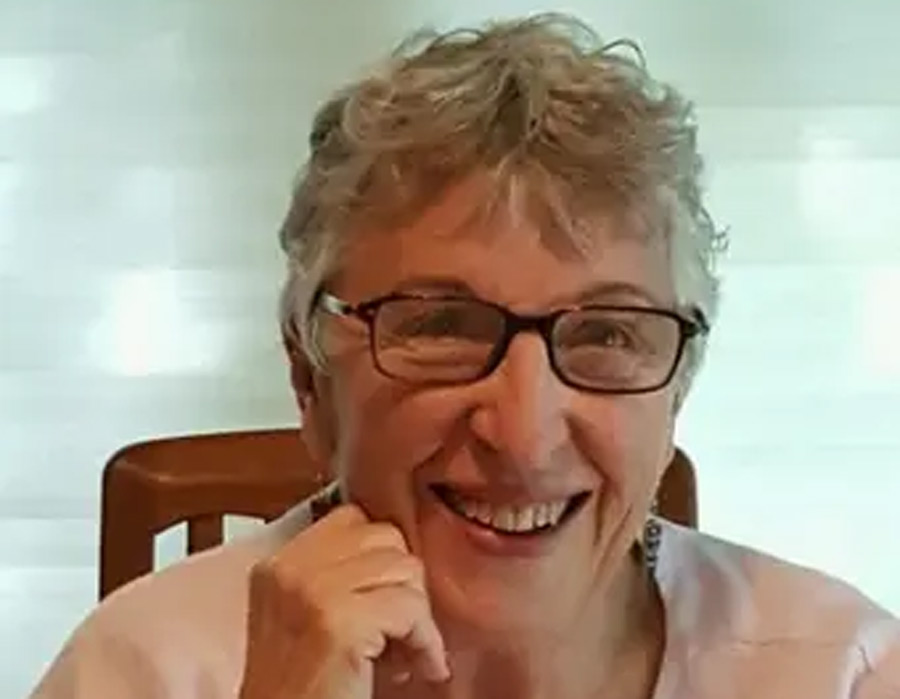
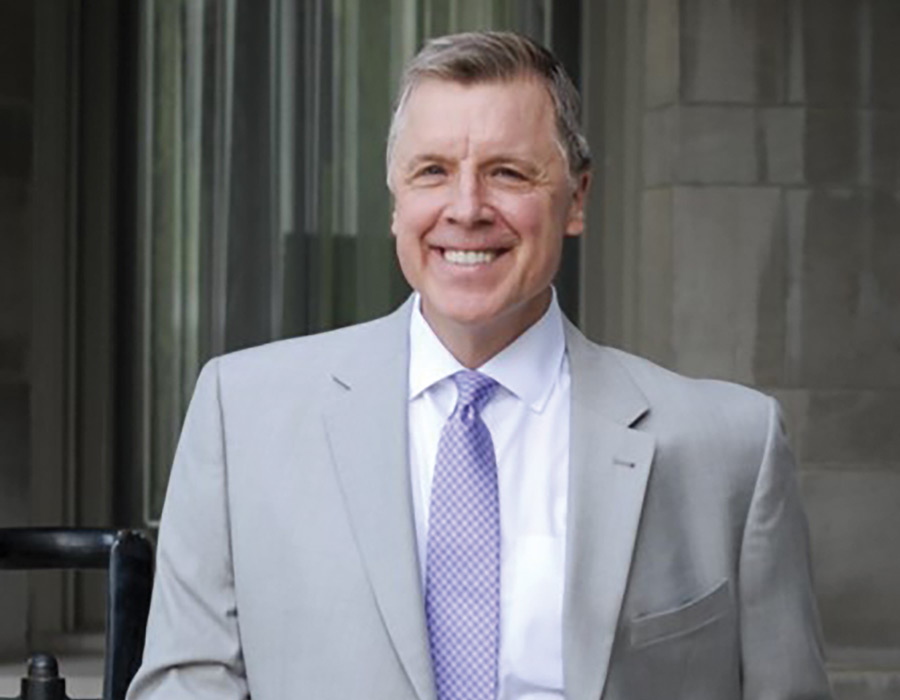
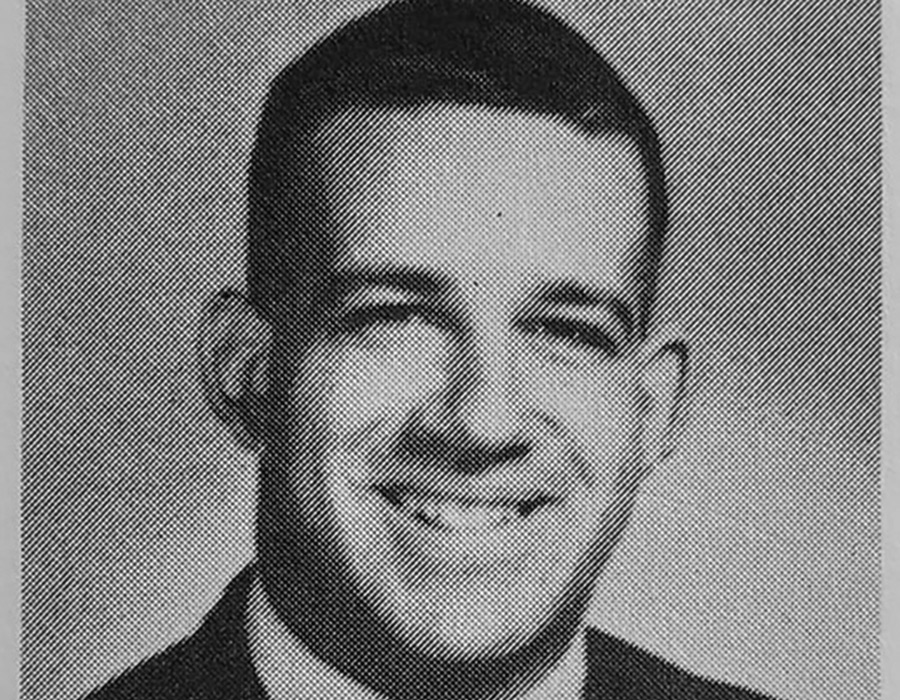
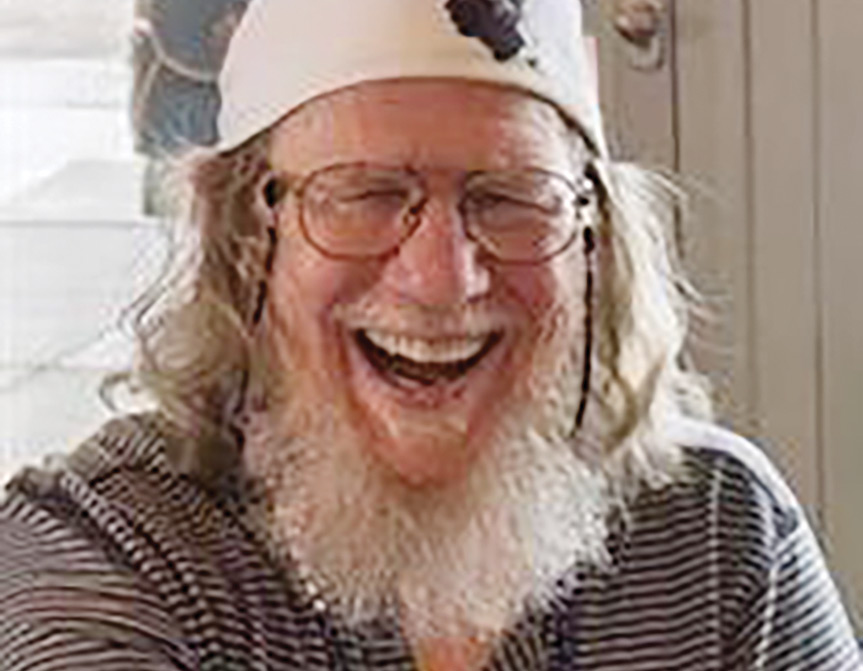
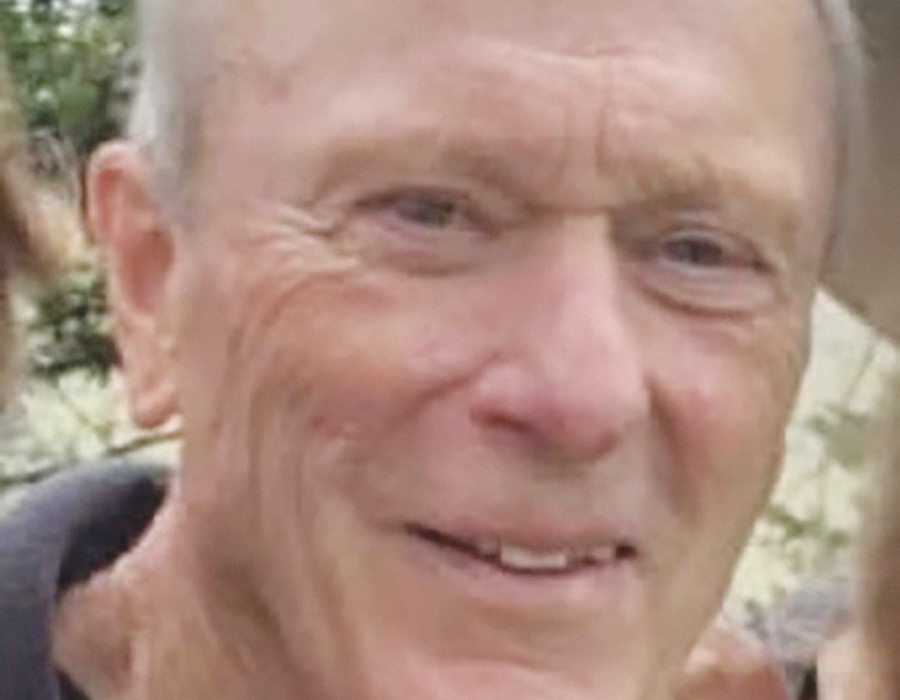
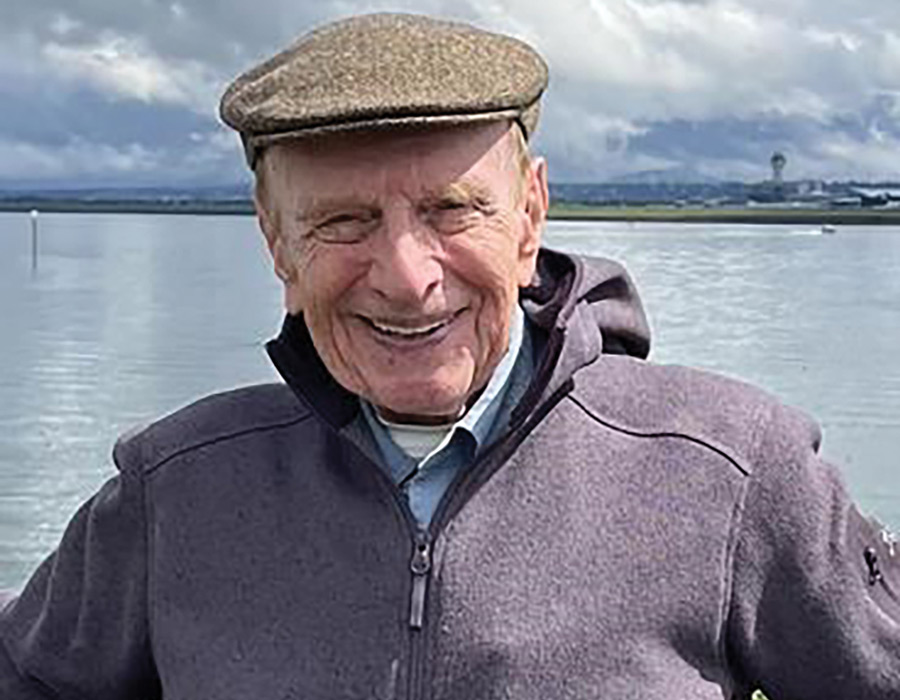
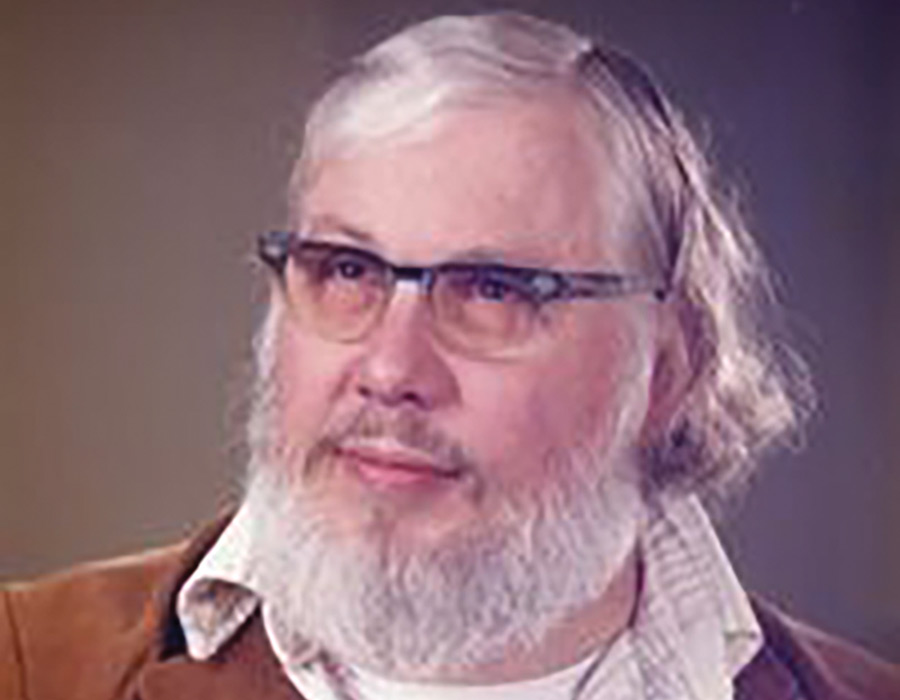
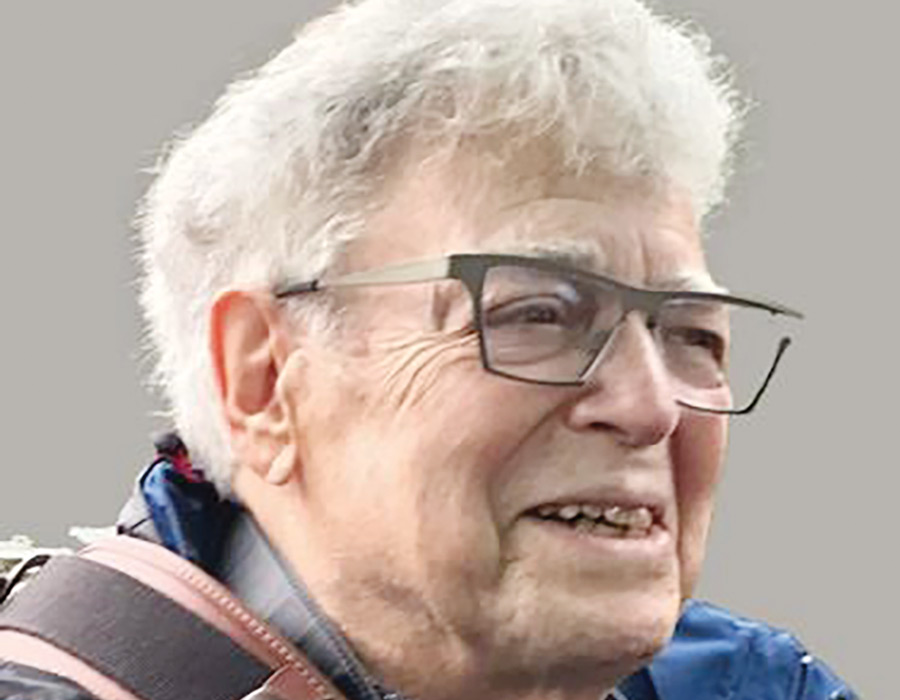
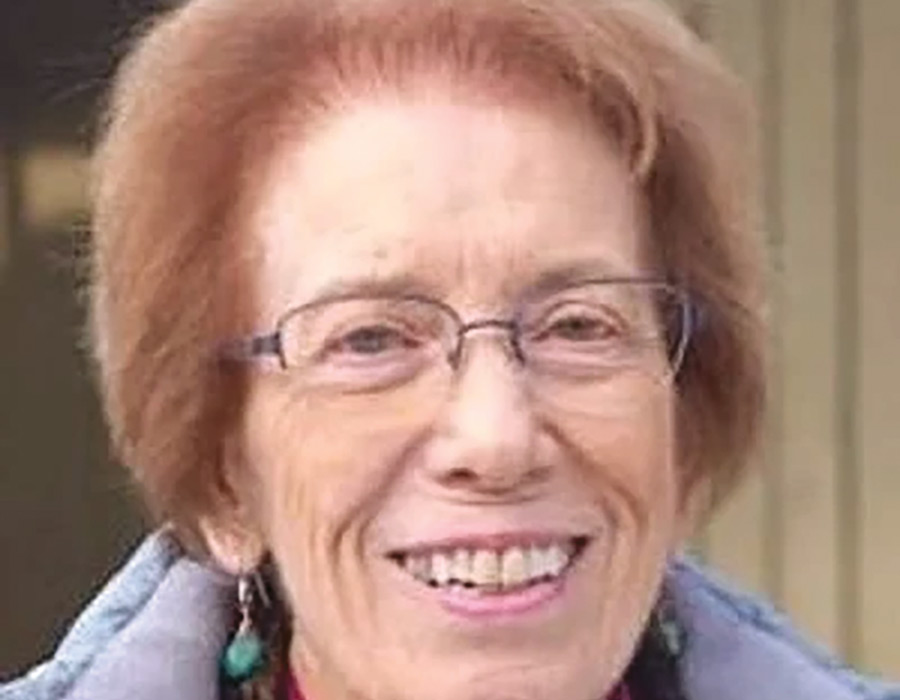
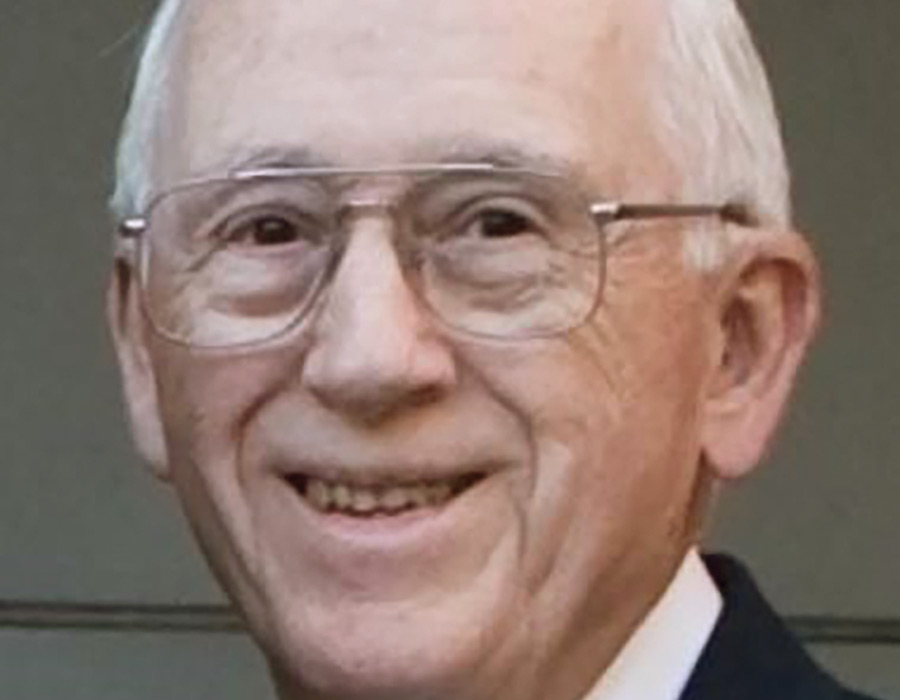
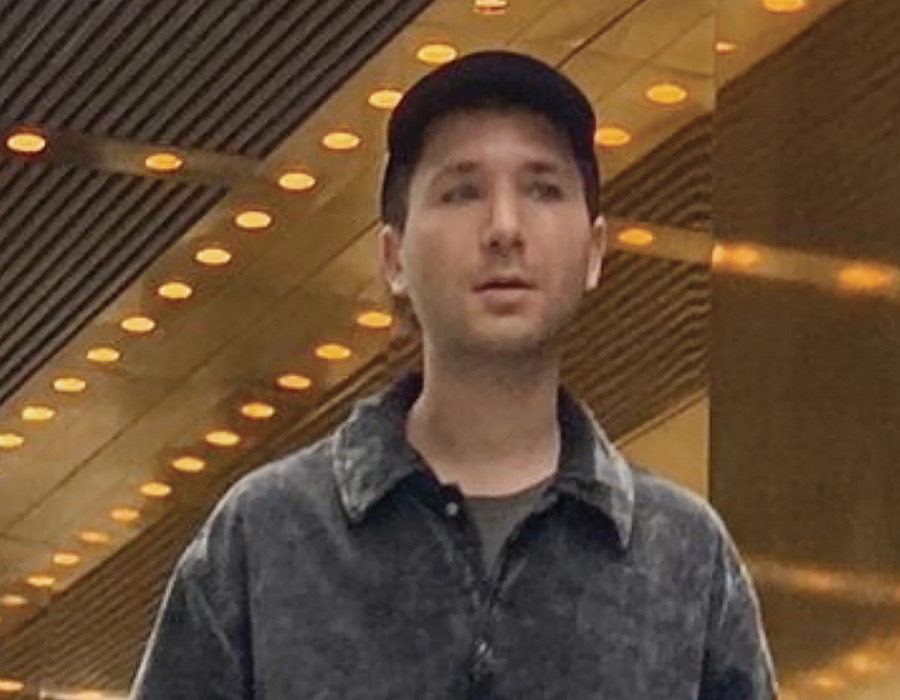
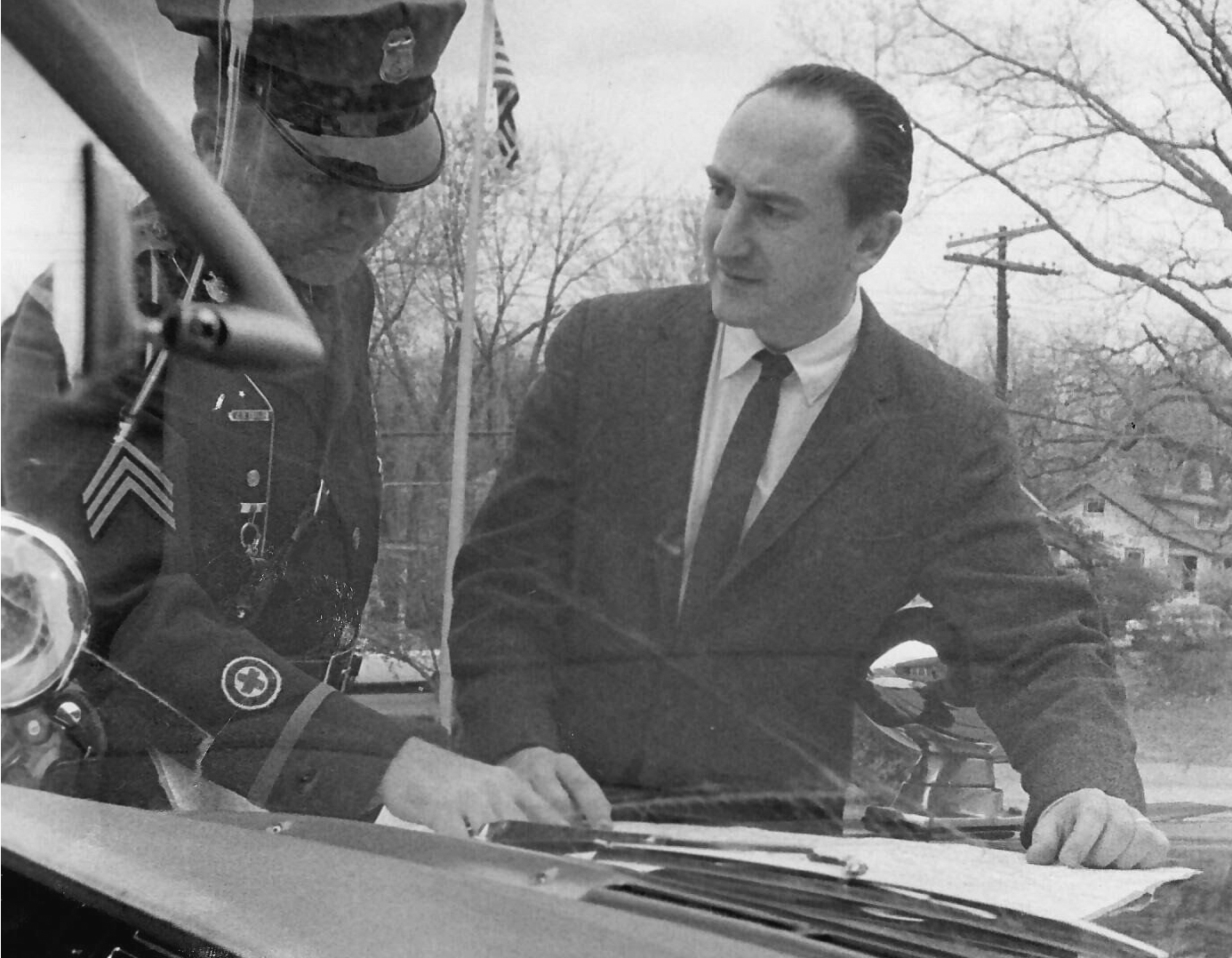
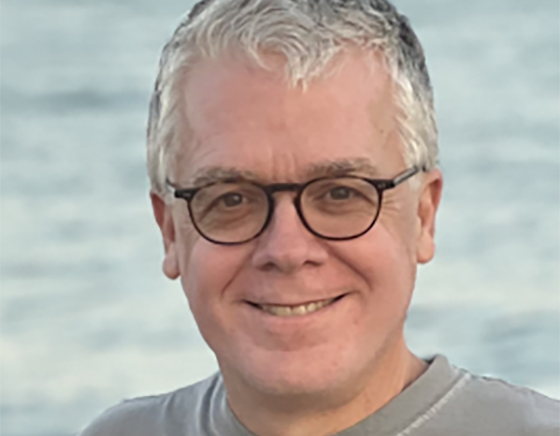
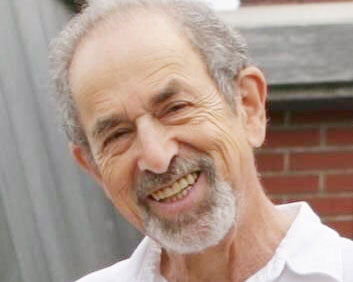



![Photo of Prof. Marvin Levich [philosophy 1953–94]](https://www.reed.edu/reed-magazine/in-memoriam/assets/images/2022/LTL-levich1.jpg)
![Photo of President Paul E. Bragdon [1971–88]](https://www.reed.edu/reed-magazine/in-memoriam/assets/images/2020/Bragdon.jpg)
![Photo of Prof. Edward Barton Segel [history 1973–2011]](https://www.reed.edu/reed-magazine/in-memoriam/assets/images/2020/Segel.jpg)








































































